gold coast ceramic coating
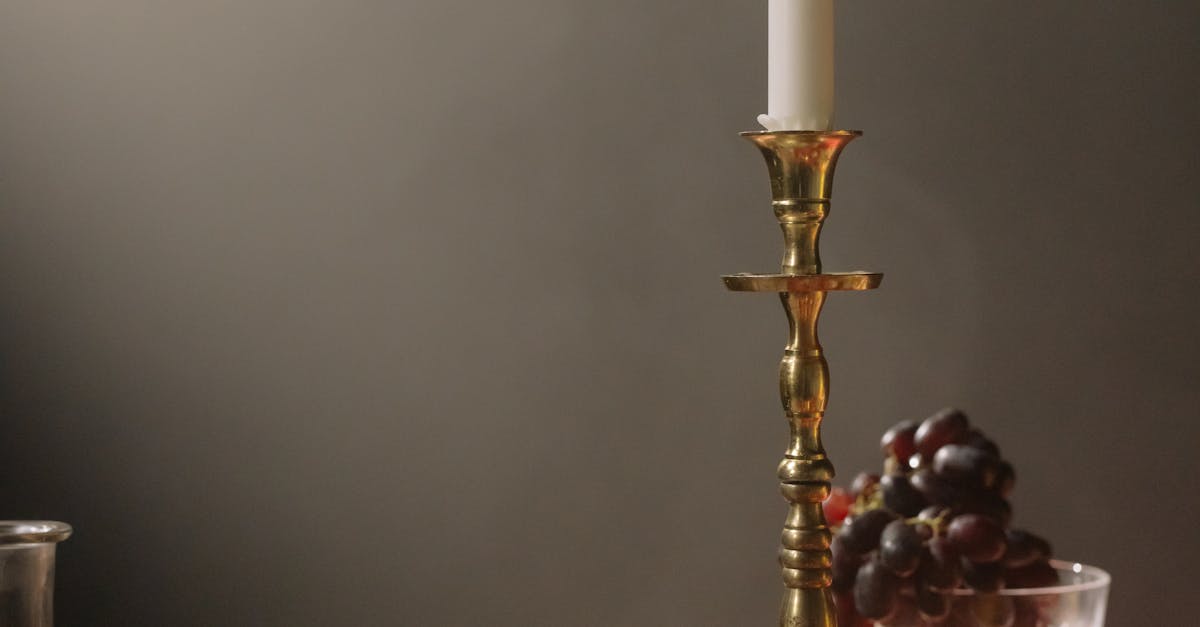
Tips for Avoiding Chemical Damage to Your Coated Surfaces
The selection of appropriate cleaning agents can significantly impact the longevity and appearance of coated surfaces. When assessing products, it is crucial to read labels carefully, focusing on those specifically designed for your type of coating. ...
Read more →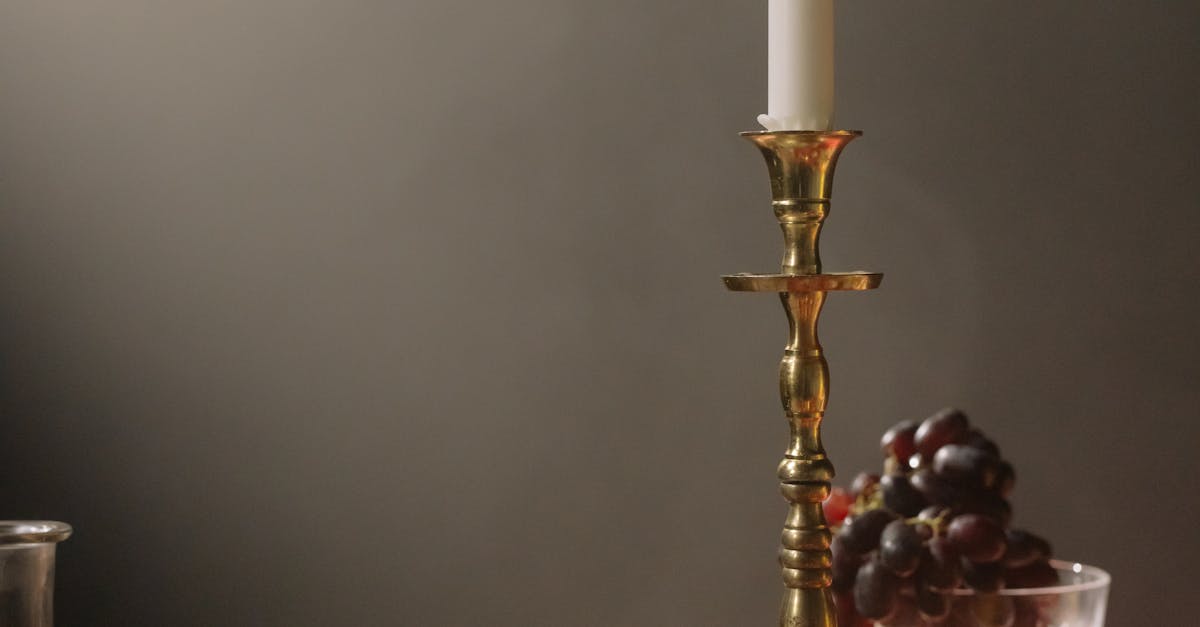
Seasonal Considerations for Maintaining Your Ceramic Coating
As the days grow shorter and temperatures begin to drop, attention must turn to preparing vehicles for the challenges of autumn. A thorough inspection of your car’s exterior can help identify any areas that may need repairs or additional protection...
Read more →
Common Environmental Hazards and Their Effects on Ceramic Coatings
Dust and pollution in the air pose significant challenges for ceramic coatings. Fine particles can settle on surfaces, leading to a buildup that can degrade the aesthetic and functional qualities of the coating over time. Contaminants like soot and c...
Read more →
Importance of Regular Inspections for Ceramic Coated Surfaces
Regular inspections of ceramic coated surfaces should take place at least twice a year. Environmental factors such as exposure to UV rays, harsh weather conditions, and varying temperatures can affect the integrity of the coating over time. Increased...
Read more →
Understanding the Impact of Weather on Your Ceramic Coating
The changing seasons can significantly influence how well a ceramic coating performs. During the warmer months, UV rays and intense heat can lead to the degradation of even the best coatings. Regularly washing your vehicle to remove dirt, bird droppi...
Read more →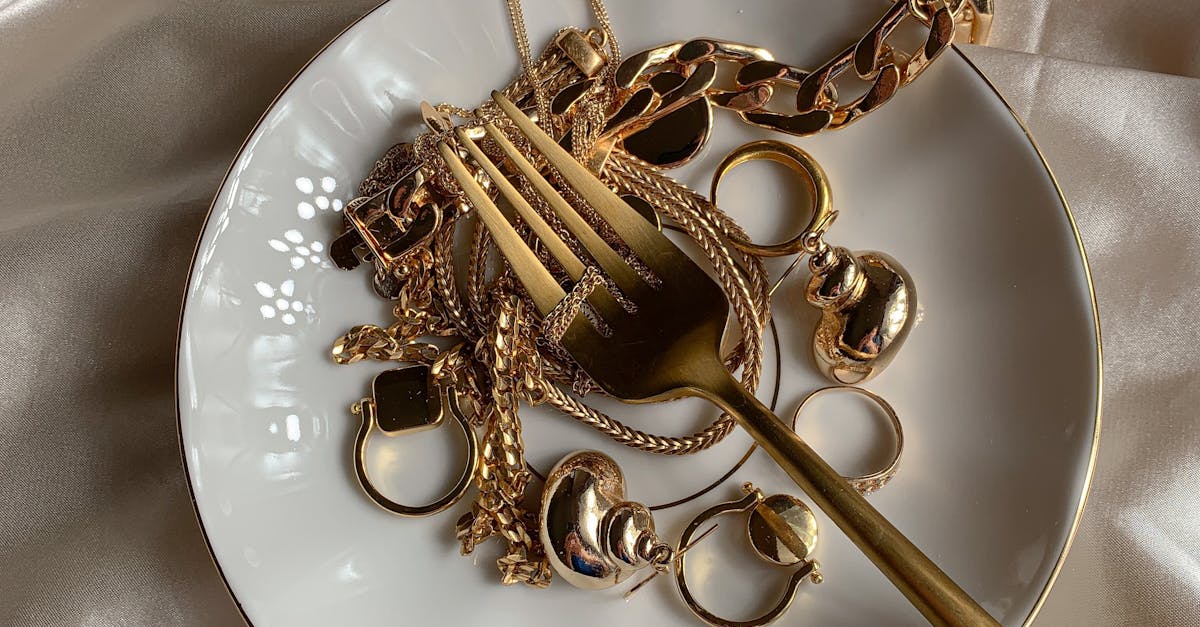
How to Protect Your Ceramic Coating from Daily Wear and Tear
Maintaining the pristine look of a ceramic coating requires prompt action to address any scratches or swirl marks. Regular washing with a pH-neutral shampoo can help minimise the risk of surface damage. When drying the vehicle, using a soft microfibr...
Read more →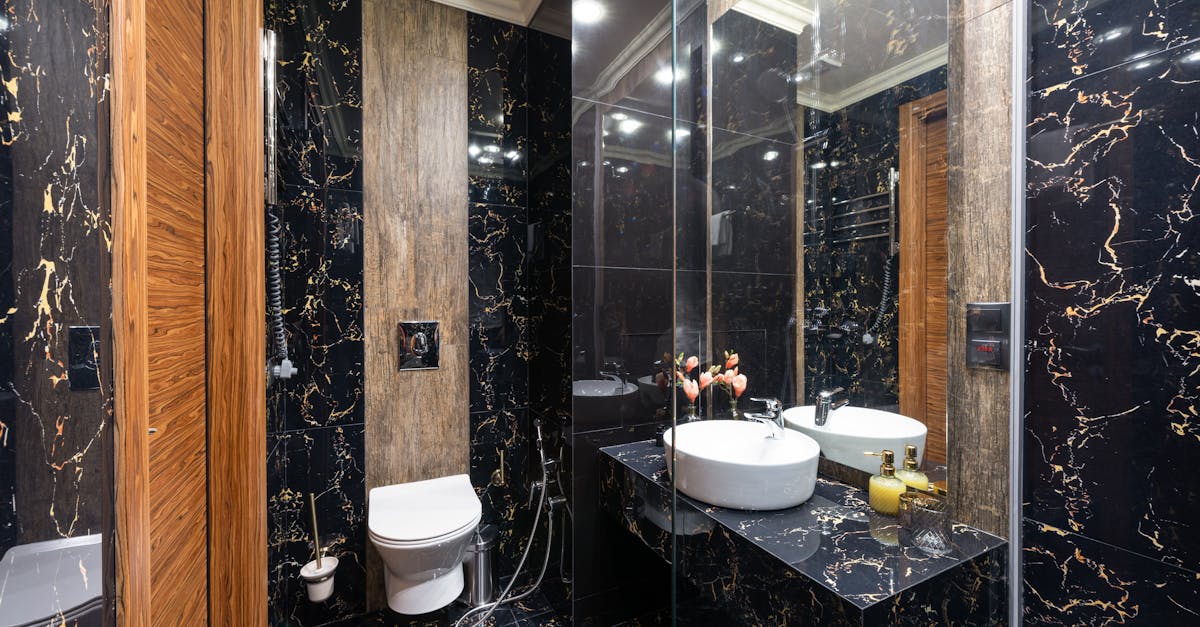
Preventative Measures to Ensure the Durability of Your Coating
Maintaining the integrity of your coating requires a systematic approach to upkeep. Regular cleaning is essential to remove dirt, grime, and other contaminants that can compromise durability. Use gentle cleaning agents and soft brushes to avoid scrat...
Read more →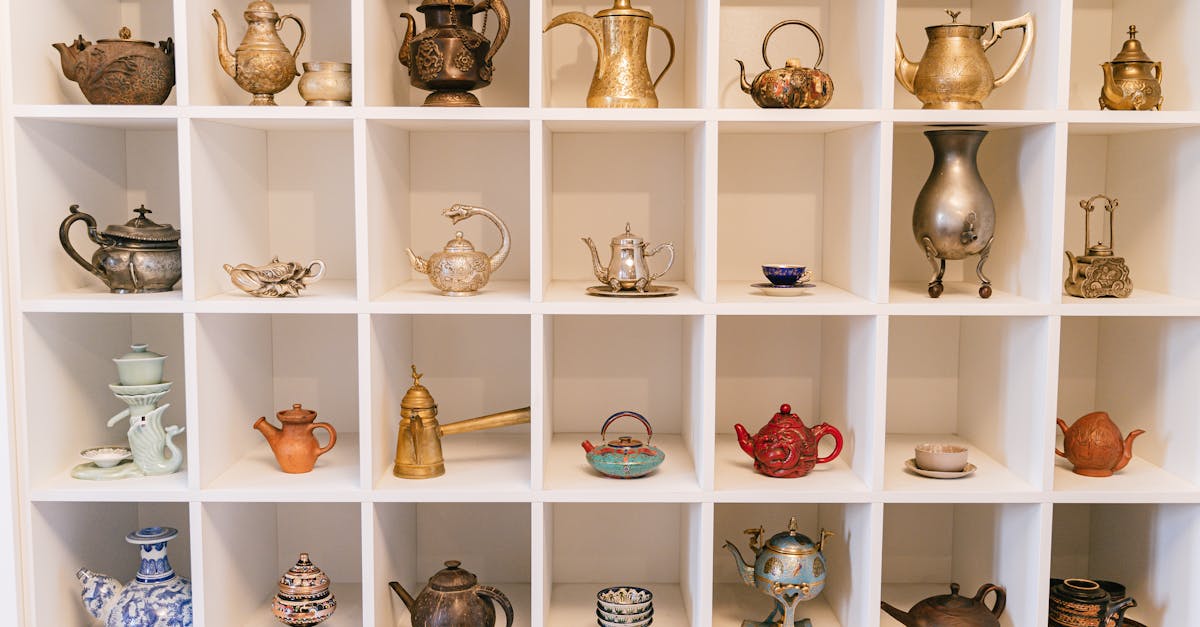
Step-by-Step Guide to Care for Your Ceramic Coated Vehicle
Regularly checking the condition of your ceramic coating is essential to ensure that it continues to provide optimal protection for your vehicle's paintwork. Begin by examining the surface for any signs of wear, such as dullness or fading. A hydropho...
Read more →
Essential Techniques for Prolonging Ceramic Coating Longevity
Ceramic coatings offer an impressive level of protection for your vehicle's paintwork, yet various environmental factors can significantly impact their longevity. High levels of UV exposure can accelerate degradation of the coating, causing it to los...
Read more →
Best Practices for Preserving Your Ceramic Coating Integrity
Ceramic coatings face various environmental challenges that can impact their longevity and effectiveness. Factors such as UV radiation, airborne pollutants, and extreme temperatures play crucial roles in determining how well the coating performs over...
Read more →
Inadequate Surface Preparation: The Essential First Step Not to Overlook
Poor surface preparation can lead to a variety of serious issues that undermine the overall quality of a project. Uneven surfaces may cause adhesives, paints, or coatings to adhere inadequately, resulting in imperfections that can compromise the aest...
Read more →
Using Automatic Car Washes: Why Hand Washing is Safer for Coated Vehicles
The quality of water used in car washes plays a significant role in maintaining a vehicle's finish, particularly for those with protective coatings. Hard water, which contains high levels of minerals such as calcium and magnesium, can leave behind un...
Read more →
Failing to Follow Manufacturer Guidelines: Understanding the Importance of Instructions
Manufacturer guidelines often serve as the foundation for warranty claims. When consumers purchase products, they expect a level of support if issues arise. Adherence to specified instructions ensures that manufacturers can validate warranty claims. ...
Read more →
Applying Wax Over Ceramic Coatings: A Mistake You Don’t Want to Make
Maintaining ceramic coatings involves understanding how to protect and prolong their effectiveness. Regular washing with a pH-neutral shampoo helps remove dirt and contaminants without compromising the coating's integrity. Using a soft microfiber clo...
Read more →
Neglecting to Rinse Thoroughly: The Dangers of Leaving Residue on Coated Surfaces
Visible streaks often indicate that rinsing has not been done thoroughly. These streaks can be particularly prominent on glossy or metallic surfaces, creating an unsightly appearance. In some cases, hazy spots may also develop, which can detract from...
Read more →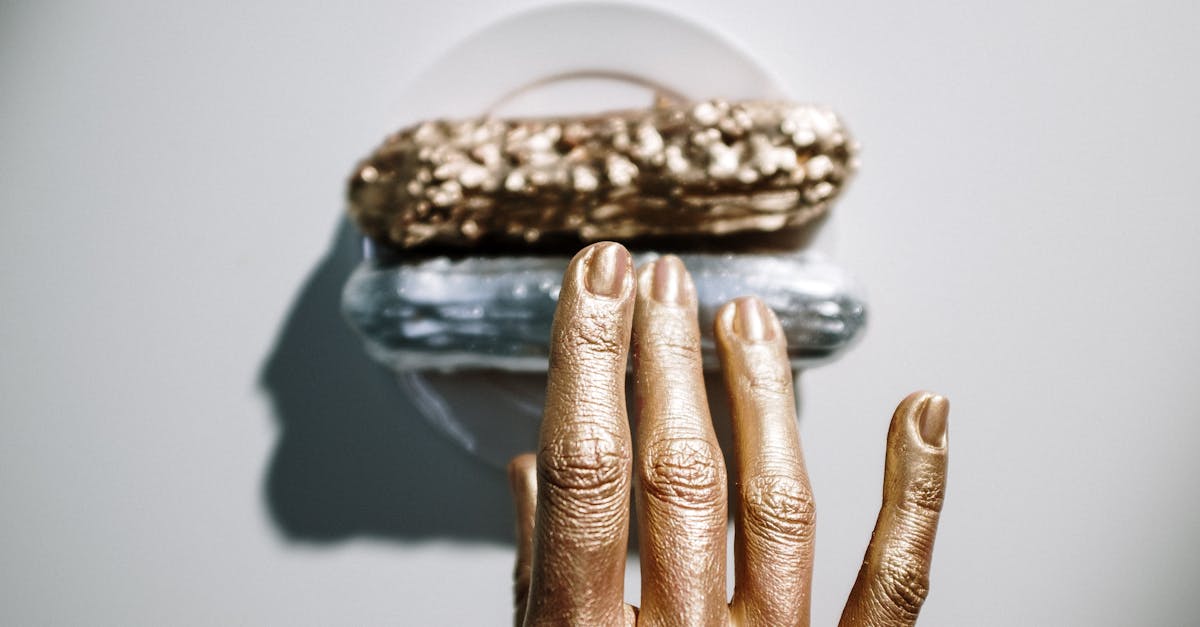
Improper Application Techniques: Common Errors That Compromise Protection
The effectiveness of protective applications heavily relies on the correct use of equipment. Many users underestimate the importance of following the manufacturer's instructions and proper operational practices. Misconfigured or uncalibrated tools ca...
Read more →
Skipping Regular Inspections: The Importance of Monitoring Your Coating's Condition
Neglecting regular inspections of coatings can lead to significant financial repercussions. Over time, unnoticed wear and deterioration can result in extensive damage. This escalates repair costs and may necessitate complete replacement of the coatin...
Read more →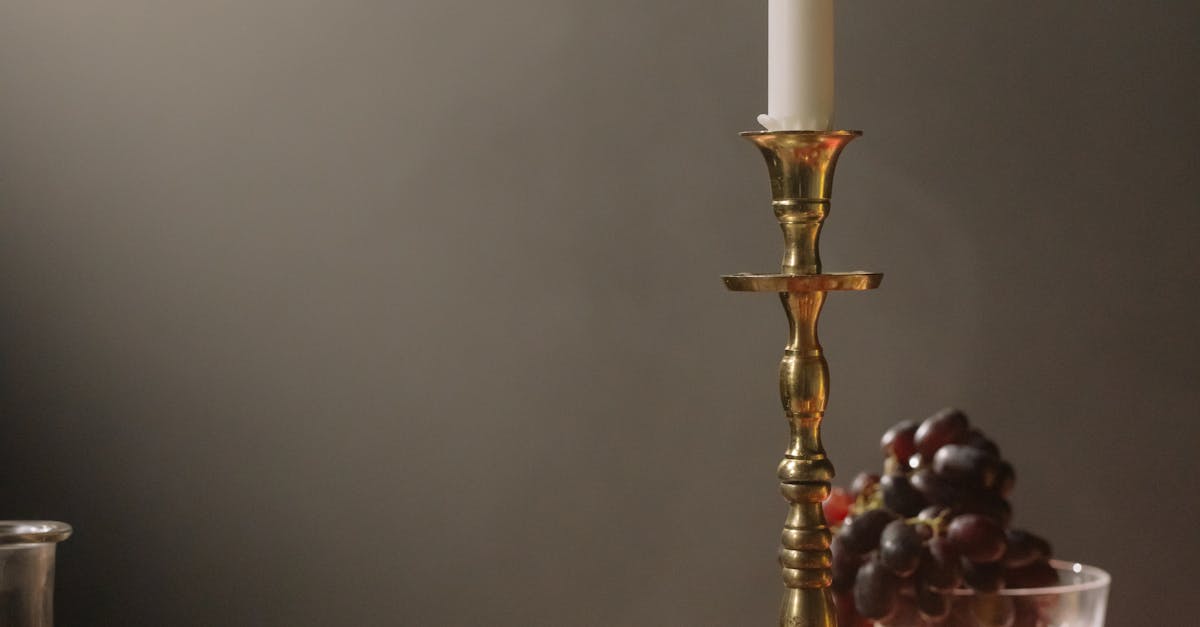
Ignoring Curing Recommendations: Why Timing Matters for Ceramic Coatings
Many car enthusiasts believe that once a ceramic coating is applied, the vehicle is immediately protected from the elements. This misconception can lead to disappointment and damage. In reality, ceramic coatings rely heavily on a curing process that ...
Read more →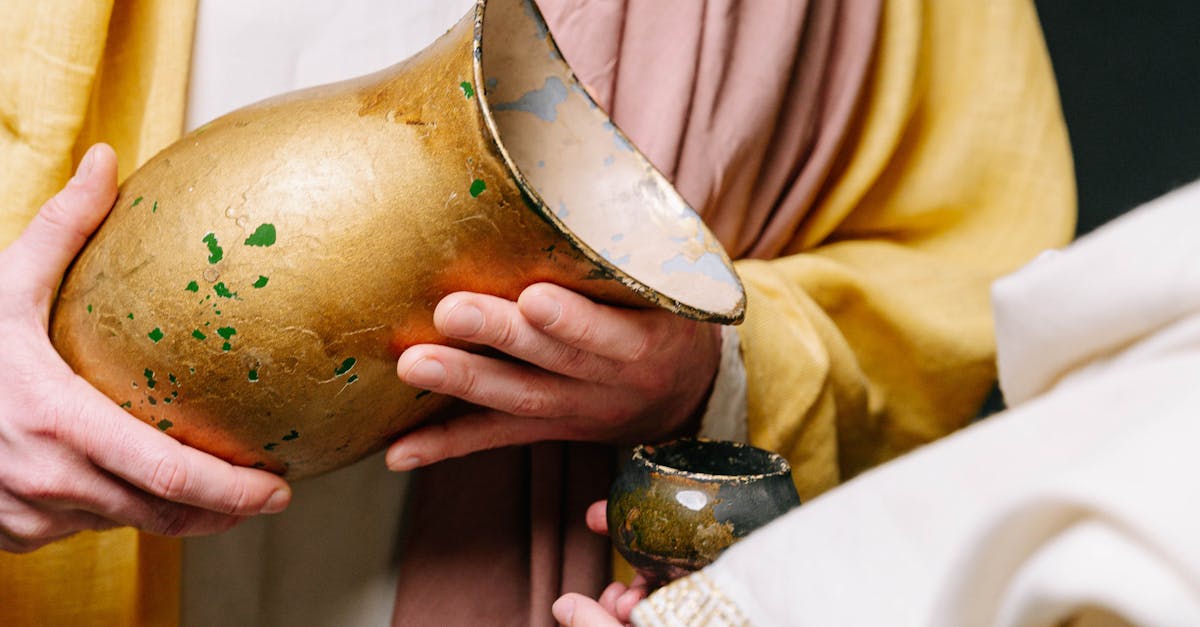
Using the Wrong Products: How Improper Chemicals Can Damage Your Coating
Chemical exposure can lead to irreversible damage to coatings over time, compromising their structural integrity. This degradation may manifest as discolouration, loss of adhesion and chalking. Affected surfaces often require frequent maintenance or ...
Read more →
Overwashing: The Risks of Excessive Cleaning on Ceramic Coatings
Finding the right frequency for washing a vehicle with ceramic coatings requires consideration of various factors. Environmental conditions play a significant role, as dirt, dust, and pollution levels can vary greatly depending on location and weathe...
Read more →
How Seasonal Changes Affect Maintenance Frequency for Coated Surfaces
As the temperatures begin to rise, it is essential to inspect coated surfaces for any damage or wear that may have occurred during the colder months. A thorough examination should include checking for signs of cracking, peeling, or discolouration. Ad...
Read more →
The Importance of Consistency in Ceramic Coating Upkeep
Maintaining the integrity of a ceramic coating requires specific tools and products designed to enhance its protective qualities. A high-quality pH-neutral shampoo is essential for washing the vehicle, as it cleans without degrading the ceramic layer...
Read more →
Best Practices for Regularly Maintaining Ceramic Coatings
Regular inspection of ceramic coatings is essential to ensure their longevity and effectiveness. A well-maintained coating will repel dirt, water, and contaminants, while a neglected one may lose its hydrophobic properties. Checking for signs of wear...
Read more →
Timing Your Maintenance: Frequency Factors for Different Conditions
Different industries have distinct maintenance requirements driven by operational demands, safety regulations, and equipment complexity. In sectors like manufacturing, regular machinery upkeep is critical to ensure optimal performance and prevent cos...
Read more →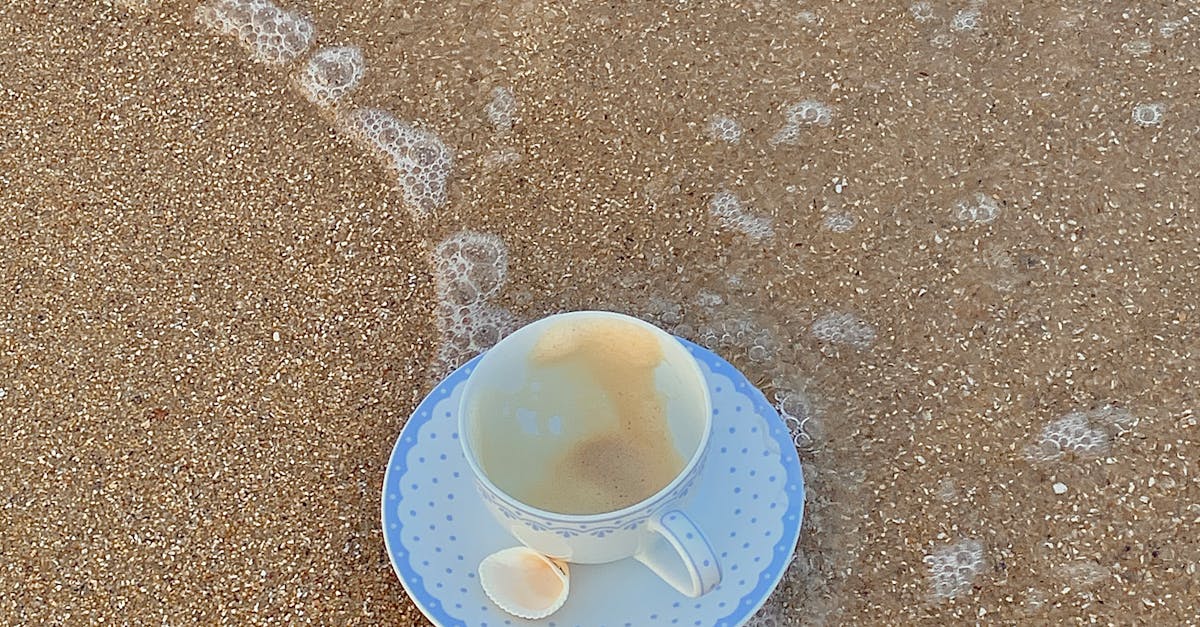
Signs That Indicate It's Time for Ceramic Coating Maintenance
Ensuring the longevity of ceramic coatings requires consistent maintenance checks. Regular inspections help identify any deterioration in the coating's effectiveness. These checks typically involve a thorough washing and visual assessment of the surf...
Read more →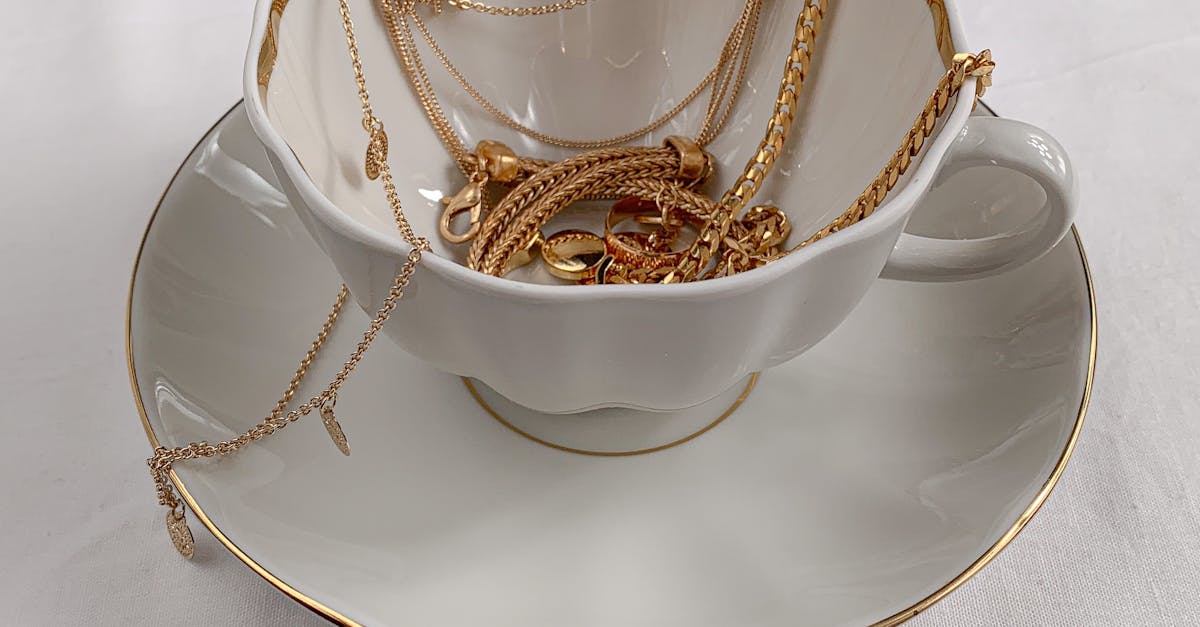
Monthly vs Quarterly Maintenance for Ceramic Coated Surfaces
When deciding between monthly and quarterly maintenance for ceramic coated surfaces, it is essential to understand the overall costs involved. Monthly maintenance may seem more expensive in the short term due to increased frequency. However, consider...
Read more →
Setting Up a Routine for Optimal Ceramic Coating Performance
The curing process of ceramic coatings is crucial for their effectiveness and longevity. After application, the coating undergoes a chemical bonding process that can take several days to fully complete. The surface may appear dry shortly after applic...
Read more →
Understanding the Frequency of Care for Ceramic Coatings
Ceramic coatings are designed to provide a robust layer of protection to your vehicle's surface, but over time, certain indicators can signal that maintenance is required. One key sign is a noticeable reduction in hydrophobic properties. If water no ...
Read more →
The Ideal Maintenance Schedule for Gold Coast Ceramic Coatings
Regular washing is essential to maintain the beauty and integrity of ceramic coatings. Use a pH-balanced car shampoo instead of harsh detergents which can degrade the coating over time. A soft microfibre mitt is ideal for the washing process. Avoid a...
Read more →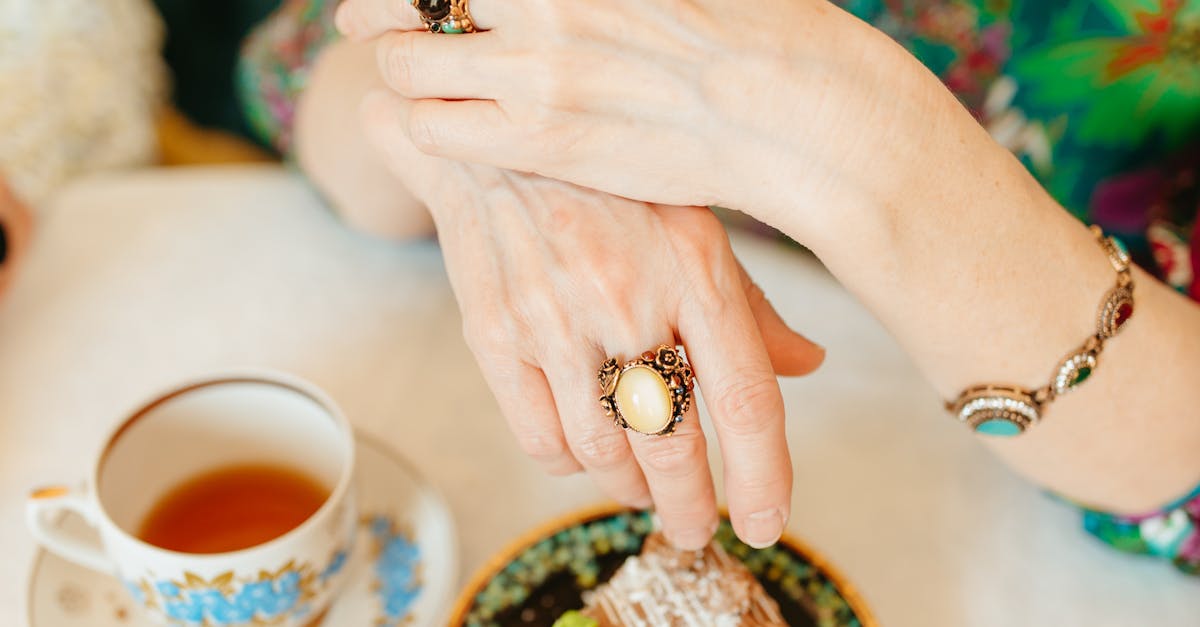
How Often Should You Maintain Your Ceramic Coated Vehicle
Regular inspections are crucial for ensuring that your ceramic coating remains in optimal condition. Look for signs of fading or discolouration, which could indicate that the protective layer is breaking down. Pay attention to any scratches or swirl ...
Read more →
Optimal Detailing Products for Enhanced Ceramic Performance
Ceramic coatings provide a strong foundation for surface protection, but incorporating protective sealants takes longevity and performance to the next level. These formulations act as an additional barrier against environmental contaminants, UV rays,...
Read more →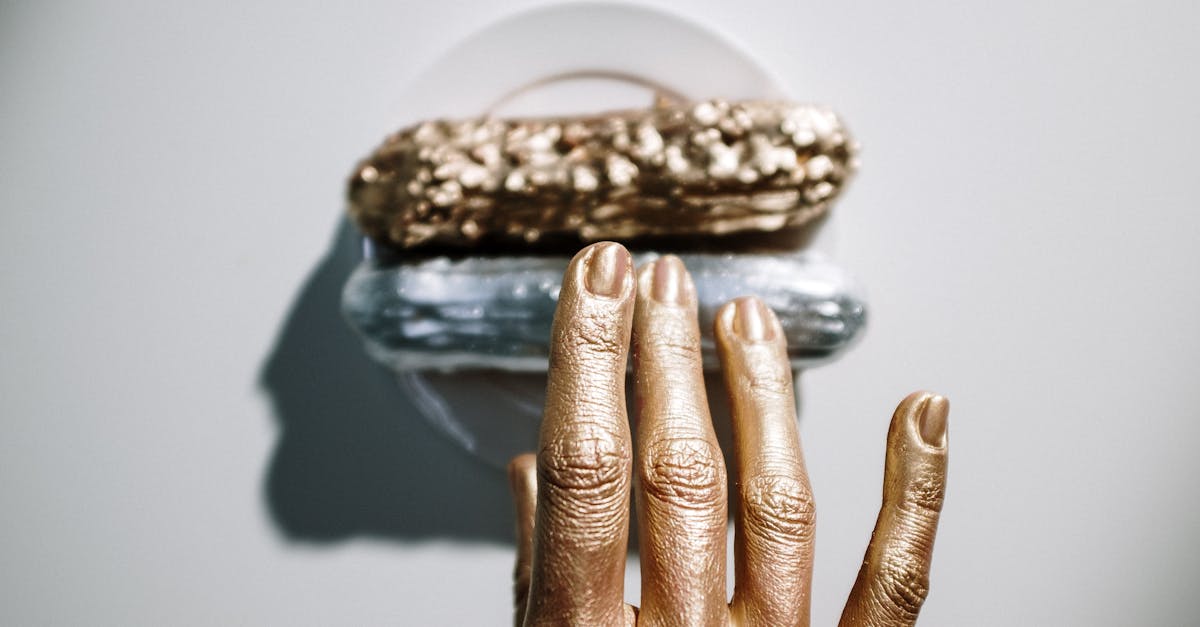
Guidelines for Choosing Ceramic Coating Maintenance Products
The growing awareness of environmental issues has led to an increase in eco-friendly maintenance products for ceramic coatings. These alternatives often utilise biodegradable ingredients that reduce harm to the environment. Many of these products are...
Read more →
Must-Have Tools for Caring for Ceramic Coated Vehicles
Keeping your ceramic coated vehicle in top condition requires addressing the intricacies of its design. Hard-to-reach areas, such as around trims and tight spaces, can often collect dirt and grime that standard washing methods might miss. Using detai...
Read more →
Comparison of Top Brands for Ceramic Coating Maintenance
This brand positions itself as a premium option in the ceramic coating market. The price reflects the quality and performance of the product, making it a popular choice among enthusiasts who prioritise long-lasting protection. Customers often appreci...
Read more →
Innovative Ceramic Coating Booster Products
Several brands have carved out a niche in the ceramic coating market, each offering unique formulations and benefits. For instance, brands like Gtechniq and CQuartz have gained popularity for their longevity and resistance to environmental contaminan...
Read more →
Recommended Microfibre Towels for Safe Cleaning
Microfibre towels require specific care to maintain their cleaning effectiveness and prolong their lifespan. It is crucial to avoid using fabric softeners or bleach during washing as these can damage the fibres and reduce their absorbency. Instead, o...
Read more →
Effective pH-Neutral Shampoos for Ceramic Surfaces
Choosing the right cleaning products is vital for maintaining the integrity of ceramic surfaces. Many conventional shampoos contain harsh chemicals that can damage the glaze and finish of ceramics. These substances, including sulfates and parabens, c...
Read more →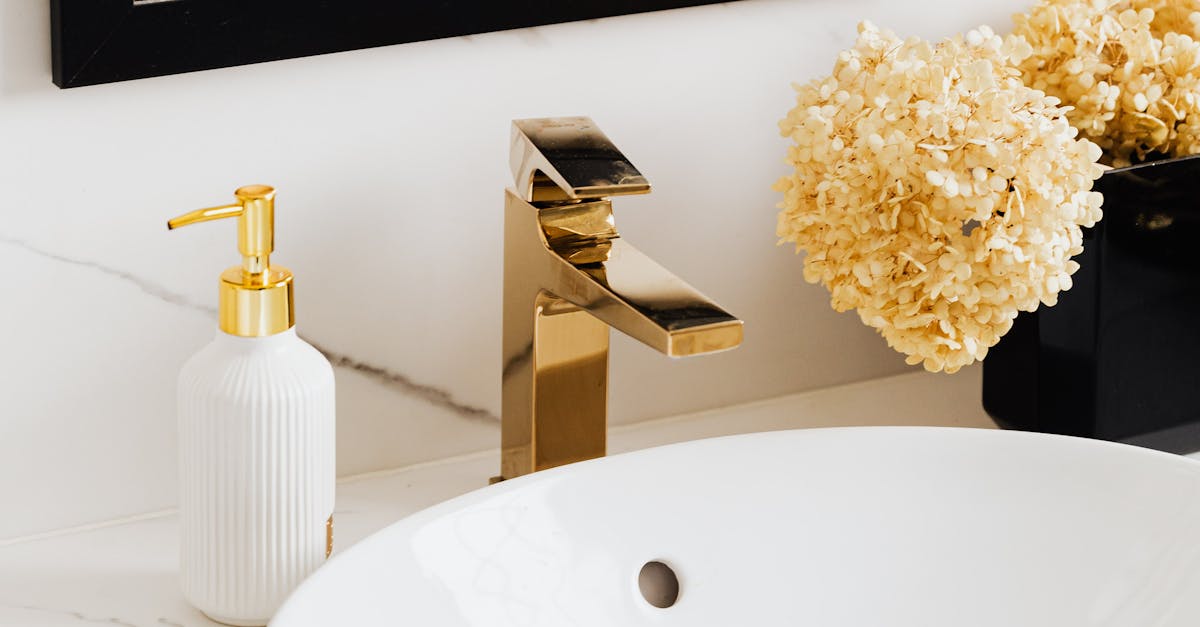
Best Sprays and Waxes for Ceramic Coating Care
Selecting the right spray or wax for your ceramic coating involves understanding the specific needs of your vehicle's surface. Quality products are designed to enhance the protective layer without compromising its integrity. It’s essential to look ...
Read more →
Essential Maintenance Products for Your Ceramic Coated Vehicle
Wax and sealants serve different purposes when it comes to vehicle care. Wax, derived from natural carnauba or synthetic materials, provides a warm, glossy finish that enhances the appearance of your ceramic coating. This product allows for easy appl...
Read more →
Understanding the Importance of Soft Wash Methods
The soft washing process begins with a thorough assessment of the surface to be cleaned. This involves identifying the type of material and any potential issues such as mould or mildew growth. Once the assessment is complete, the equipment is prepare...
Read more →
Top Ceramic Coating Products Available in Australia
Maintaining a ceramic-coated vehicle requires specific care to uphold the coating's efficacy. Regular washing with a pH-neutral shampoo is essential to prevent the buildup of contaminants. Using a microfiber cloth or sponge protects the coating from ...
Read more →
The Role of pH-Balanced Products in Cleaning Ceramic Coatings
Using non-pH-balanced products on ceramic coatings can lead to significant risks. These products often contain harsh acids or alkalis that can degrade the surface over time. The aggressive chemicals in these cleaners can strip away the protective lay...
Read more →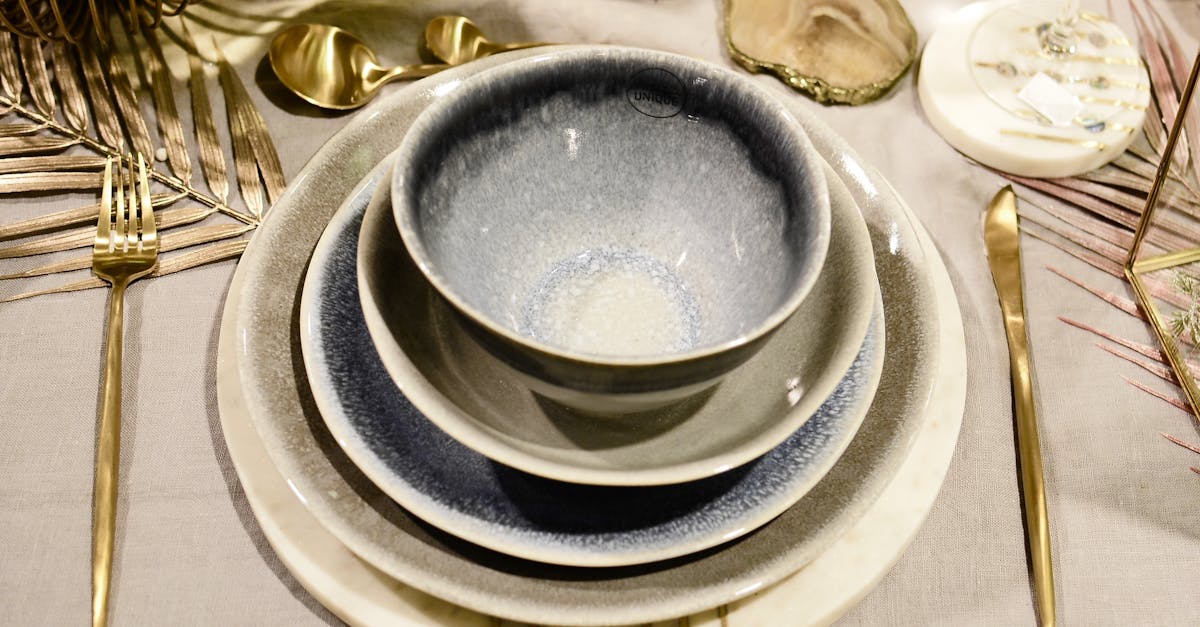
Techniques for Removing Stubborn Contaminants from Surfaces
As awareness of environmental sustainability grows, many people are seeking eco-friendly alternatives for cleaning surfaces. Natural solutions can be just as effective in tackling tough stains and contaminants without the negative impact on the envir...
Read more →
How to Avoid Water Marks on Ceramic Coated Surfaces
Proper drying techniques are essential for preventing water marks on ceramic coated surfaces. One effective method involves using a microfiber towel, which absorbs moisture without scratching the coating. It is important to use a towel that is clean ...
Read more →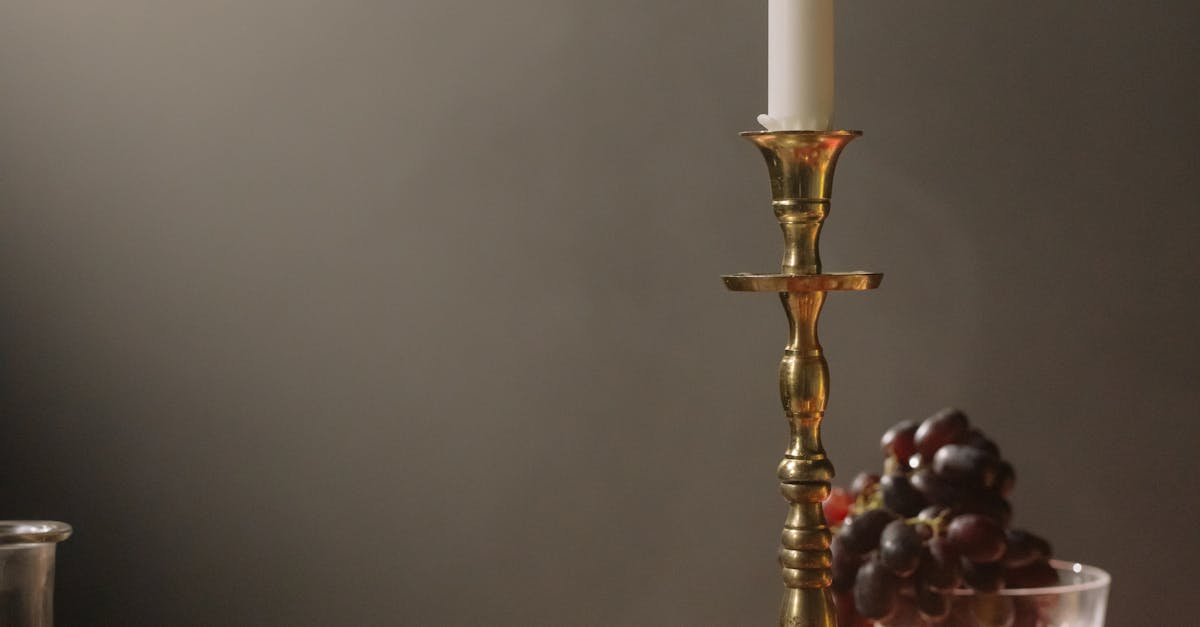
Spot Cleaning Tips for Preserving Ceramic Finish
For effective spot cleaning on ceramic surfaces, simple homemade solutions can work wonders. A paste made from baking soda and water is a popular choice. Combine equal parts to form a thick consistency, apply it directly to the stain, and let sit for...
Read more →
Safe Drying Methods for Maintaining Ceramic Coatings
Heat lamps serve as an effective tool for accelerating the drying process of ceramic coatings. By emitting a consistent and gentle warmth, they help maintain an environment conducive to proper curing without exposing the surface to extreme temperatur...
Read more →
Eco-Friendly Cleaning Solutions for Ceramic Coated Vehicles
Respect for the environment shapes our choices, especially when it comes to cleaning products. Many traditional cleaning agents contain harsh chemicals that can damage the ceramic coating on your vehicle and harm local ecosystems. Opting for alternat...
Read more →
Essential Tools for Cleaning Ceramic Coated Surfaces
Proper drying techniques are crucial to maintaining the integrity of ceramic-coated surfaces. Using a plush, microfiber towel is advisable, as it minimises the risk of scratches while effectively absorbing moisture. It’s important to gently blot or...
Read more →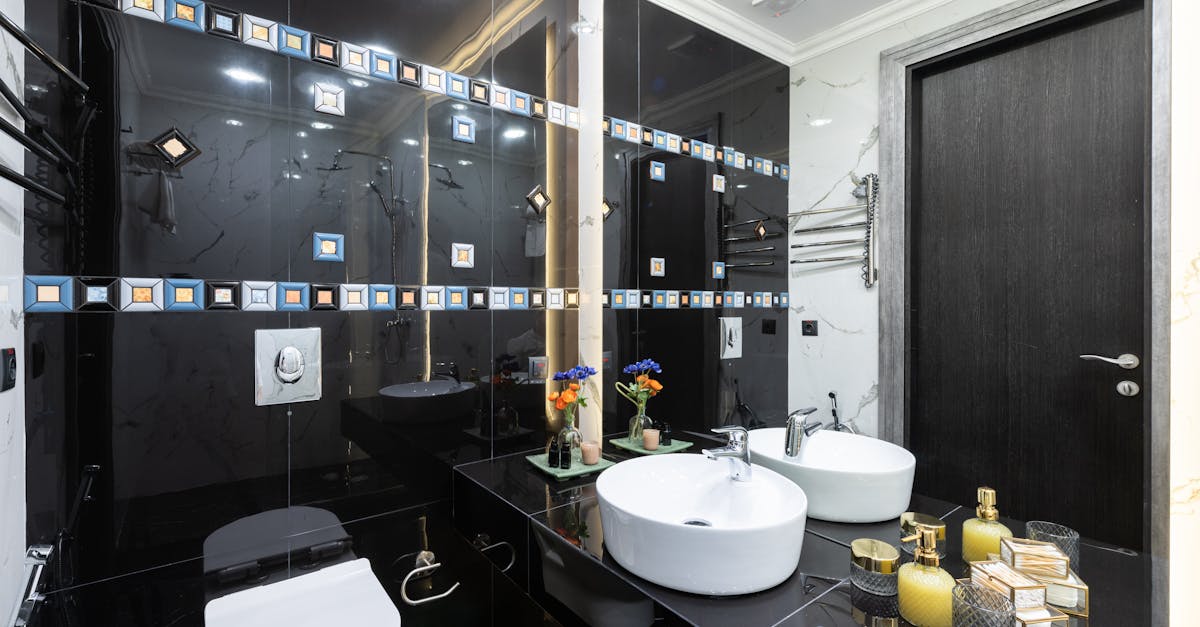
The Best Timing for Cleaning Your Ceramic Coated Vehicle
Selecting the right tools and products is crucial for maintaining the integrity of your vehicle's ceramic coating. A high-quality pH-neutral car shampoo can effectively lift dirt and grime without stripping away the protective layer. Additional clean...
Read more →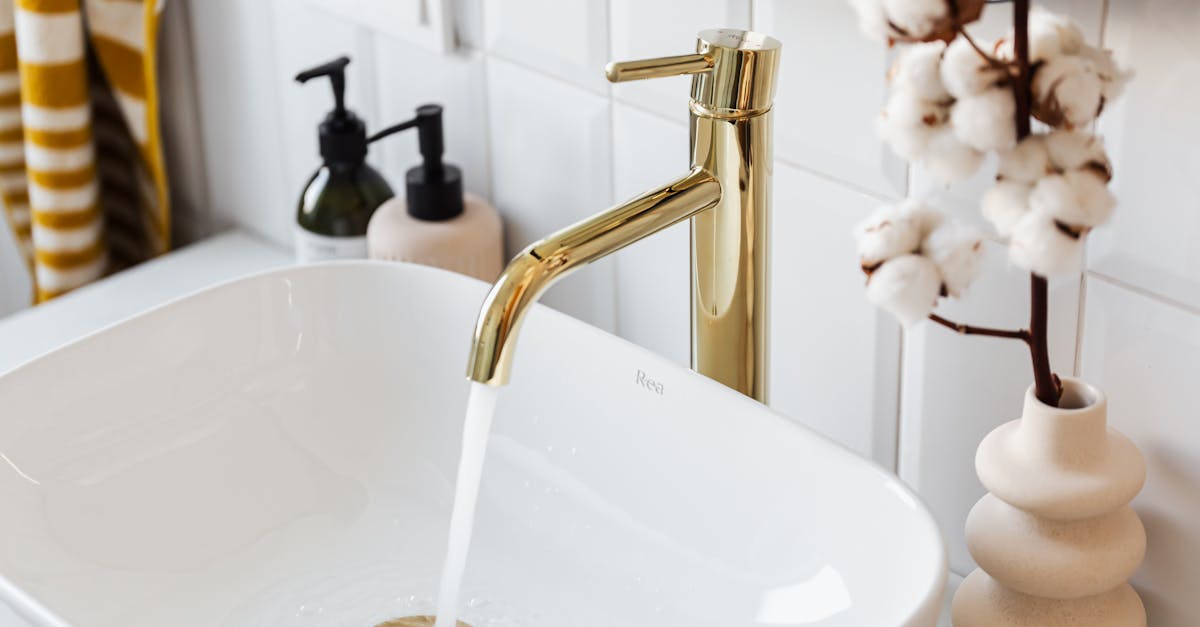
Effective Washing Techniques for Ceramic Coated Cars
When washing a ceramic coated car by hand, it’s essential to start with the right materials. Select a high-quality, pH-neutral car shampoo designed specifically for ceramic coatings. Ensure your wash mitt is soft and free of any debris that could s...
Read more →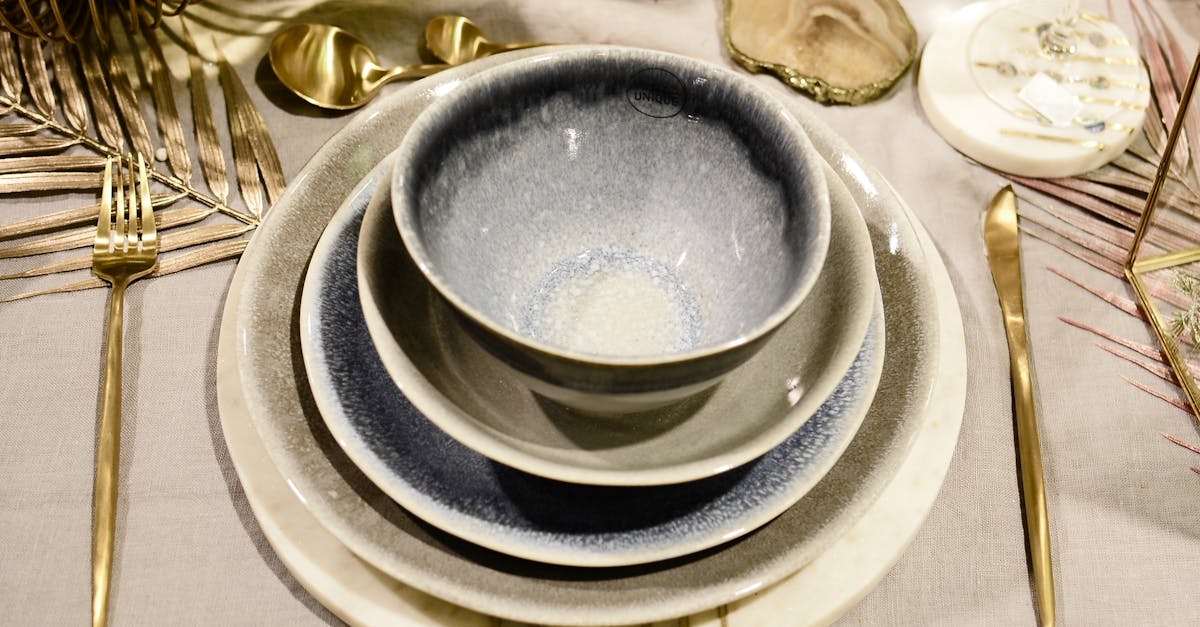
Fire Safety Measures When Using Ceramic Coatings
Properly understanding curing and drying times is essential for achieving the best results when working with ceramic coatings. These times can vary based on the specific product used, ambient conditions, and application techniques. Typically, the ini...
Read more →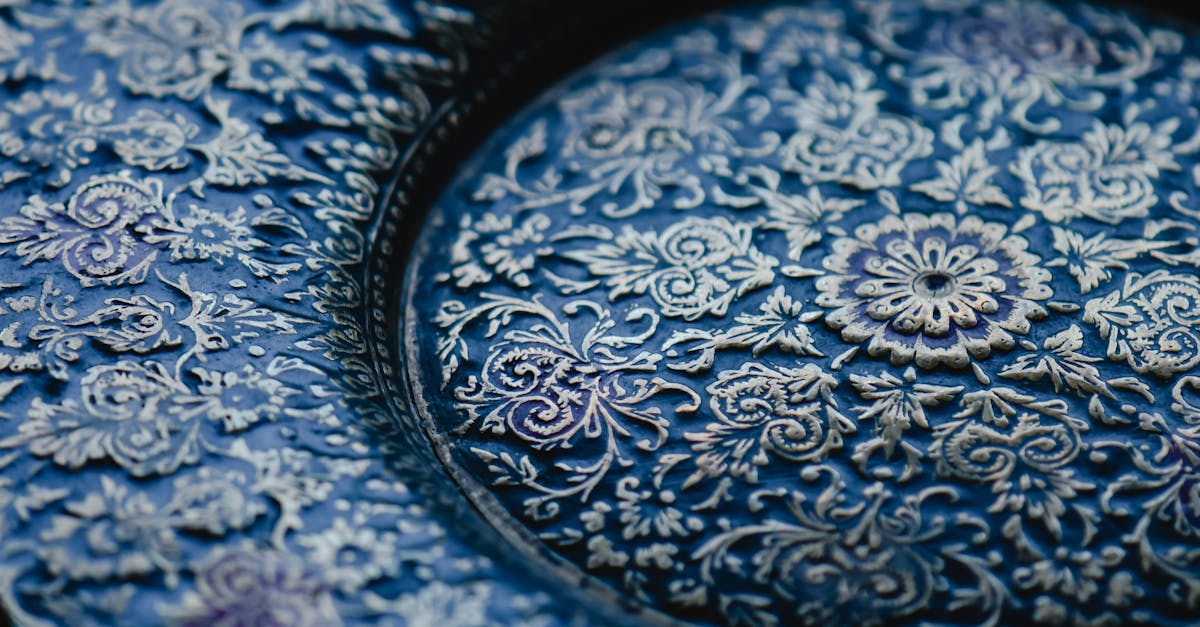
Best Practices for Working with High-Pressure Application Tools
High-pressure tools can frequently present issues that may disrupt workflow. Common problems include leaks, irregular pressure readings, and unexpected shut-offs. Regular inspections can help identify potential malfunctions early. Operators should ro...
Read more →
Essential Tips for Safe Mixing of Ceramic Coating Chemicals
Proper storage of ceramic coating chemicals is crucial for maintaining their effectiveness and ensuring safety. Always keep these materials in their original containers with labels intact. Store them in a cool, dry location away from direct sunlight ...
Read more →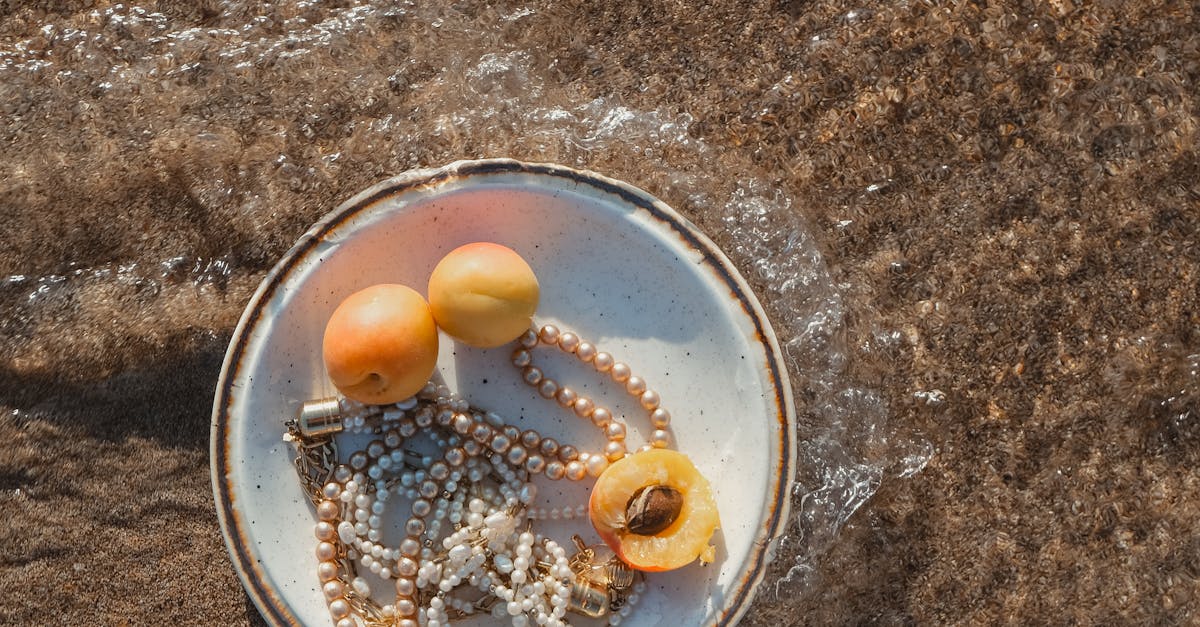
Safety Guidelines for Handling Ceramic Coating Equipment
Proper storage of ceramic coating equipment is essential to maintain its integrity and usability. Store the equipment in a cool, dry place away from direct sunlight and extreme temperatures. This prevents any degradation of the materials and ensures ...
Read more →
Importance of Skin Protection During Ceramic Coating Application
Ceramic coating application requires careful handling to ensure minimal skin exposure. Using protective barriers such as gloves can significantly reduce the risk of direct contact with the product. It’s essential to choose high-quality gloves desig...
Read more →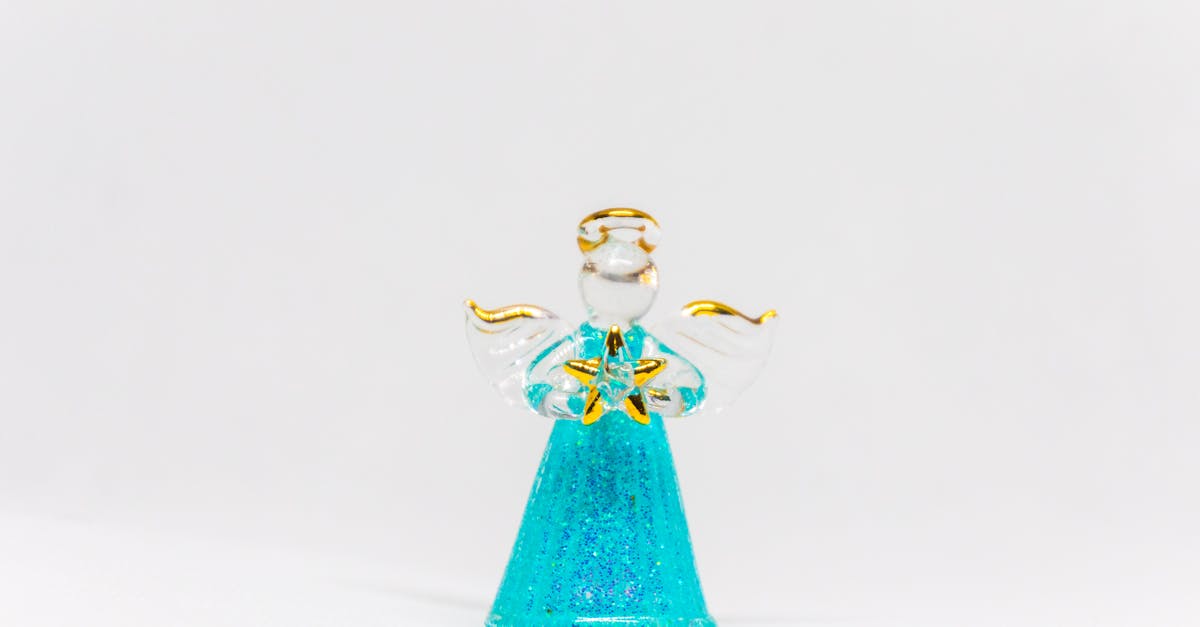
Recognising Allergic Reactions to Ceramic Coating Materials
Understanding the potential for allergic reactions to ceramic coating materials is essential for anyone seeking to use these products safely. Individuals should review ingredient lists before purchasing ceramics, opting for items known to contain few...
Read more →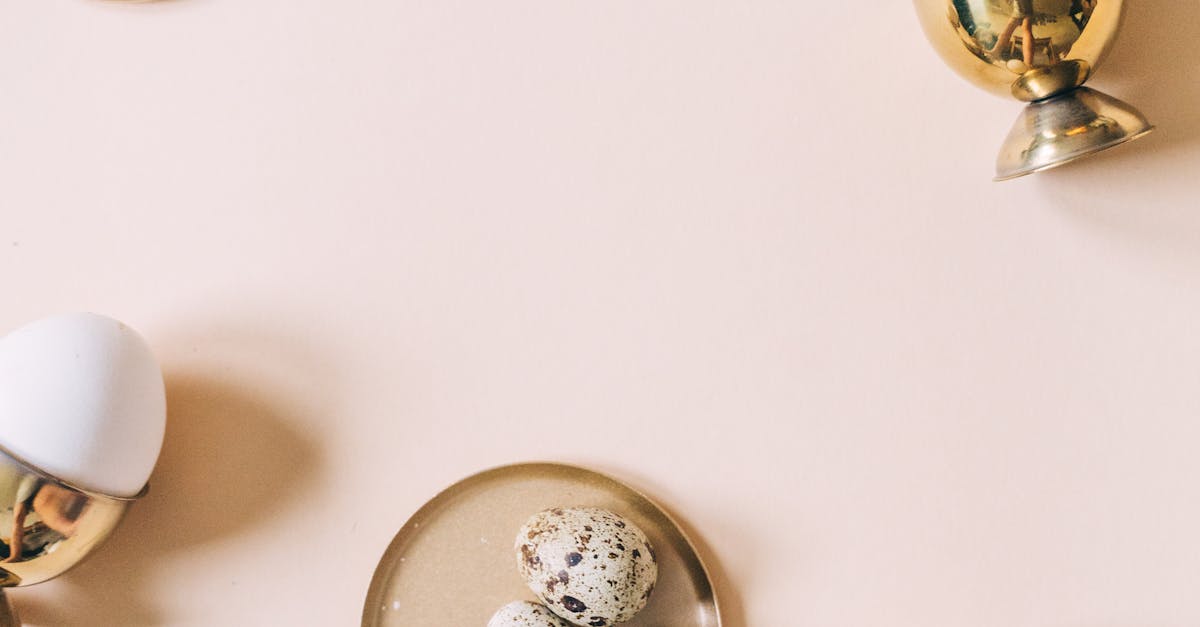
First Aid Measures for Ceramic Coating Accidents
Ingestion of ceramic coating materials can pose serious health risks. It is crucial to remain calm and assess the situation quickly. If an individual has ingested a product containing ceramic coating, do not induce vomiting unless specifically advise...
Read more →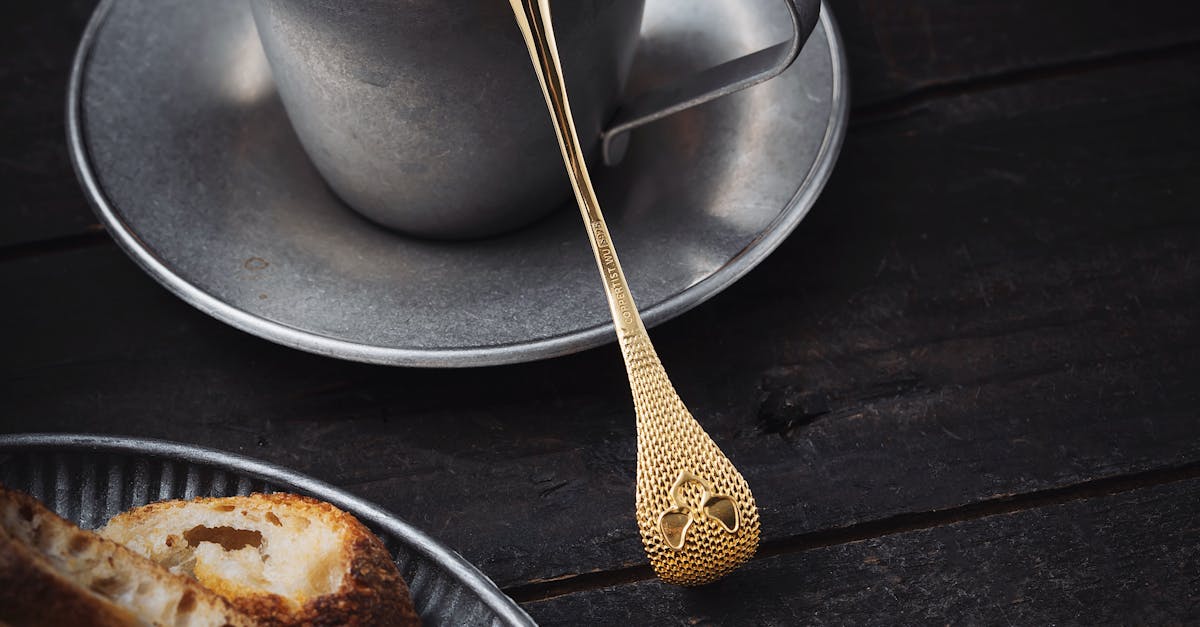
Proper Ventilation Techniques for Ceramic Coating Spaces
Ensuring the safety of personnel during ceramic coating applications is crucial. Proper ventilation helps mitigate the risks associated with harmful fumes and particulate matter. Regular monitoring of air quality within the workspace is essential. Th...
Read more →
Understanding Chemical Hazards in Ceramic Coating Products
Assessing the risk associated with ceramic coating products involves a systematic approach that evaluates both the chemical properties and potential health impacts of the materials used. The process begins with identifying the specific chemicals pres...
Read more →
Essential Safety Gear for DIY Ceramic Coating Applications
When applying ceramic coatings, protecting the skin from potential irritants is essential. Manufacturers often formulate these products with strong chemicals that can cause reactions upon contact. Wearing suitable gloves should be the first line of d...
Read more →
Essential Paint Correction Tools Before Applying Ceramic Coatings
The selection of polishing pads is crucial for effective paint correction. Different types of pads cater to varying needs, from heavy cutting to fine polishing. Each pad's composition affects how it interacts with the paint surface. Foam, wool, and m...
Read more →
Top Detailing Brushes for Ceramic Coating Applications
Maintaining detailing brushes is essential for extending their lifespan and ensuring optimal performance. After each use, it is important to remove any paint, dust, or residue that may have accumulated. This can be done by gently rinsing the bristles...
Read more →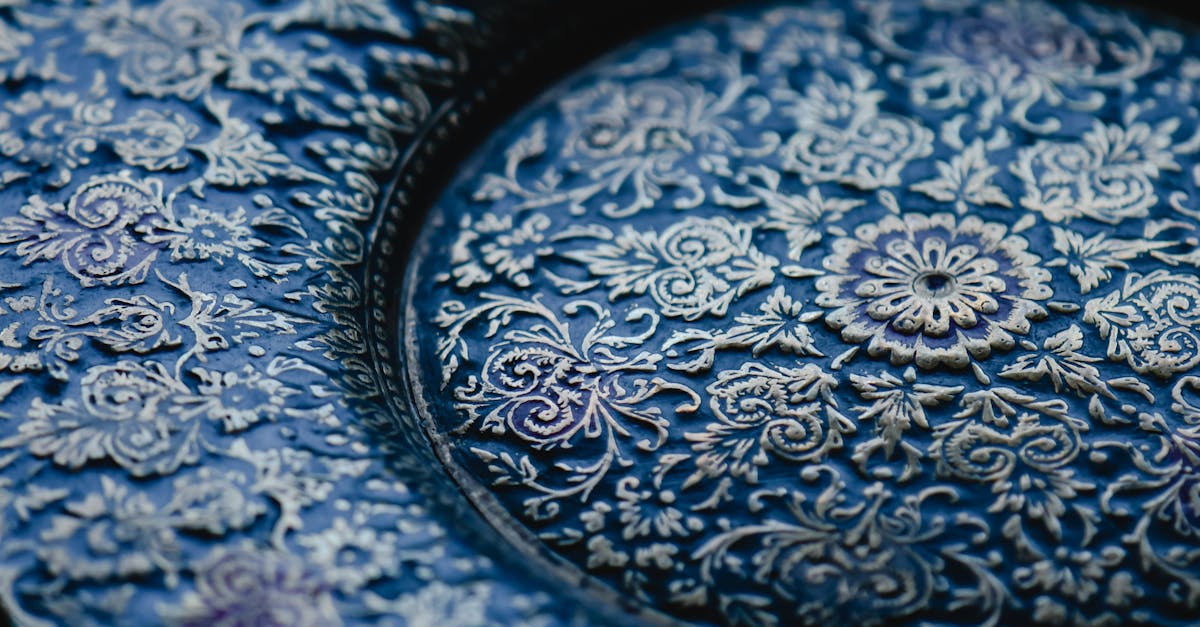
Choosing the Right Surface Prep Products for Ceramic Coating
Effective surface preparation relies heavily on using the right tools. A reliable pressure washer can remove dirt and grime, ensuring that the surface is clean before applying any prep products. Clay bars provide a solution for eliminating embedded c...
Read more →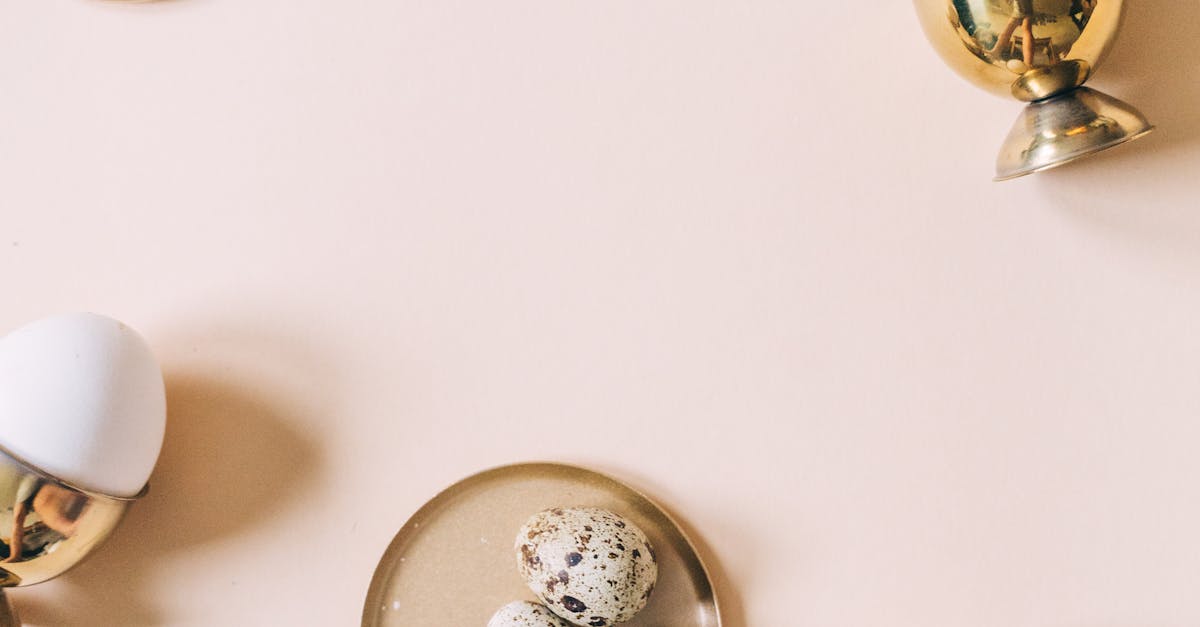
Recommended Pressure Washers for Pre-Cleaning Surfaces
Using pressure washers can have a significant impact on the environment, especially when it comes to water consumption and chemical runoff. It is essential to consider the amount of water used during the cleaning process. While pressure washers are e...
Read more →
Must-Use Safety Gear for Ceramic Coating Applications
Choosing appropriate footwear is essential when working with ceramic coating applications. Closed-toe shoes made from durable materials provide a solid barrier against spills and heavy equipment. Additionally, slip-resistant soles are crucial for pre...
Read more →
Comparing Different Applicators for Ceramic Coating
When it comes to choosing applicators for ceramic coating, users often find themselves weighing the benefits of synthetic versus natural options. Synthetic applicators, typically made from foam or microfibre material, offer uniform application and mi...
Read more →
The Importance of Quality Polishing Pads in Ceramic Coating
Using polishing pads requires a thoughtful approach to achieve optimal results. It's essential to choose the right pad for the specific task at hand, considering both the type of surface and the kind of finish desired. Different pads vary in their de...
Read more →
Professional-Grade Tools for Achieving a Flawless Ceramic Finish
One of the most frequent errors made when working with ceramic finishes is neglecting proper surface preparation. Failing to clean and sand the surface adequately can lead to poor adhesion of finishes. This often results in bubbling or peeling, which...
Read more →
Must-Have Equipment for DIY Ceramic Coating Projects
Organising ceramic coating supplies is crucial for effective DIY projects. Investing in transparent storage containers can enhance visibility and accessibility. These containers help keep smaller items like applicators, microfiber cloths, and brushes...
Read more →
Essential Tools for a Successful Ceramic Coating Application
Before applying ceramic coating, a thorough examination of the vehicle's surface is crucial. Using surface inspection tools helps to identify imperfections, such as scratches, swirl marks, or oxidation that could affect the bonding of the coating. Li...
Read more →
Curing Failures: Troubleshooting Common Issues
Curing times are crucial to the success of any project involving adhesives or sealants. Factors such as temperature, humidity, and the specific product used can significantly influence the duration required for effective curing. Each material often h...
Read more →
The Science Behind Curing: Why it Matters for Ceramic Coatings
Curing plays a critical role in the performance and durability of ceramic coatings. This process involves a series of complex chemical reactions that transform the applied coating from a liquid state into a solid film. During curing, essential charac...
Read more →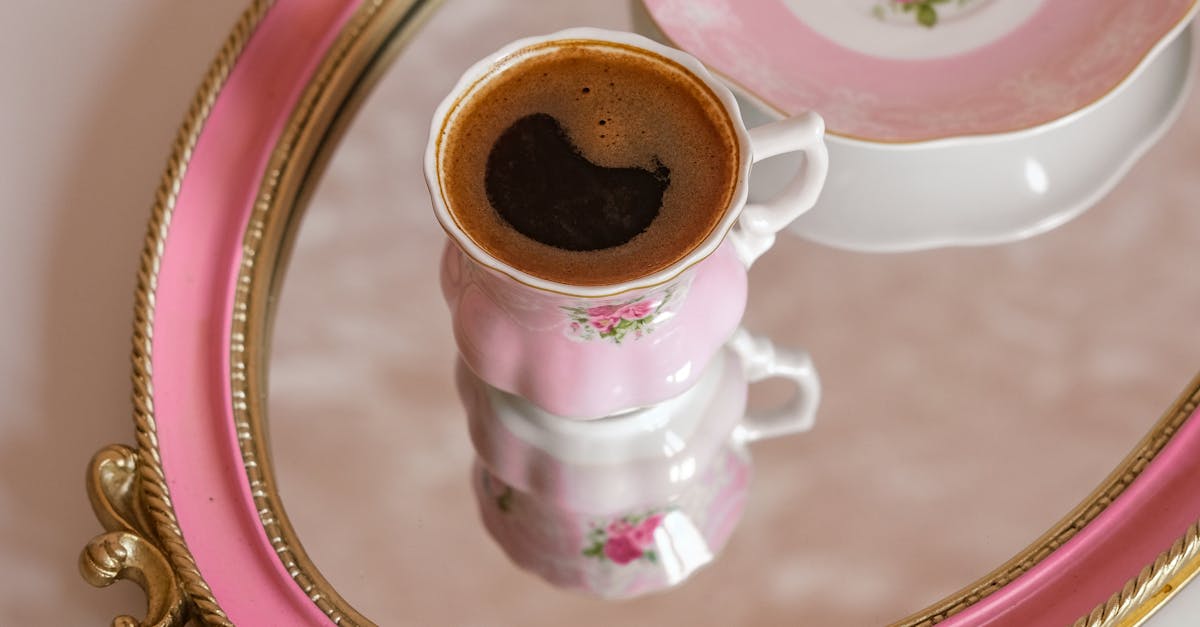
Evaluating the Cure: Signs Your Ceramic Coating is Ready
The surface finish of your ceramic coating plays a crucial role in determining its quality and effectiveness. A well-applied coating should exhibit a high level of gloss and a uniform appearance. Any inconsistencies in the finish, such as swirl marks...
Read more →
How Environmental Conditions Affect Ceramic Coating Curing
Effective surface preparation is essential for achieving the best results with ceramic coatings. This process begins with thoroughly cleaning the surface to remove contaminants such as dirt, grease, and old wax. Using appropriate cleaning agents ensu...
Read more →
Tips for Accelerating the Curing Time of Ceramic Coatings
Curing techniques significantly influence the final outcome of ceramic coatings. Selecting the right approach can enhance both the durability and appearance of the coating. Heat lamps serve as an effective option for accelerating the curing process. ...
Read more →
Common Curing Mistakes in Ceramic Coating Application
Excess application of ceramic coatings can lead to several issues that compromise the overall effectiveness of the product. A thick layer may not cure properly, resulting in a tacky surface that attracts dirt and contaminants. This can diminish the p...
Read more →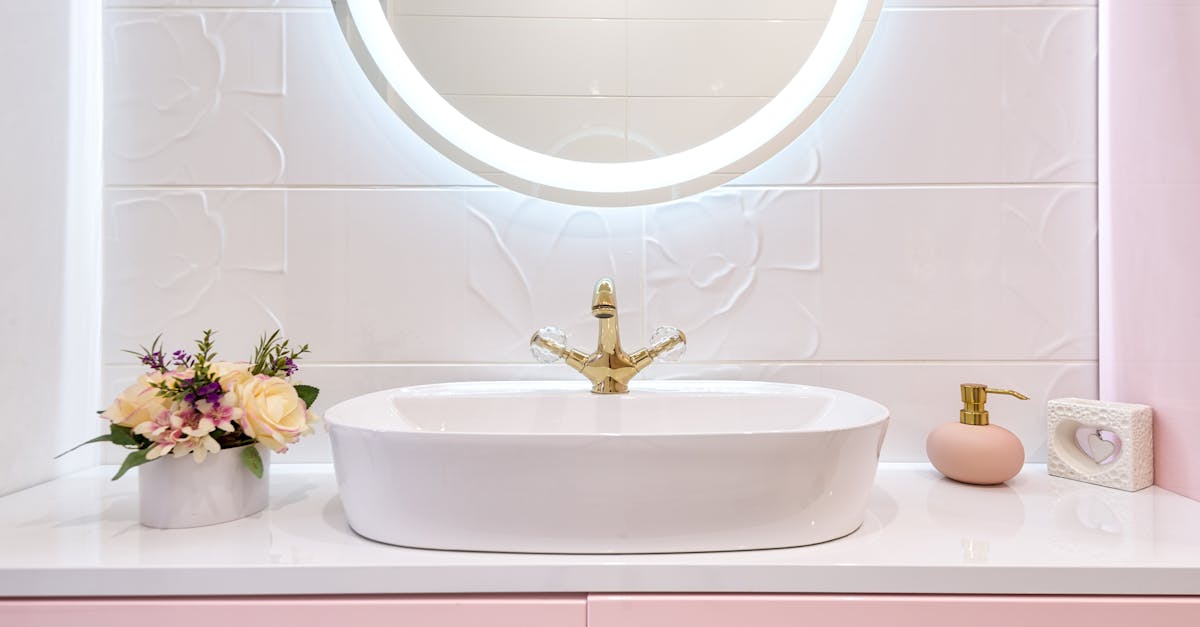
Assessing the Curing Duration: What to Expect
Various techniques can be employed to enhance the curing process of materials. One effective method is increasing the ambient temperature, which can significantly speed up chemical reactions involved in curing. Infrared heaters or heat lamps can prov...
Read more →
Optimal Temperature and Humidity Conditions for Curing
Curing is an essential process in various industries, particularly in construction and materials science. It typically involves the gradual drying or hardening of substances like concrete, adhesives, and certain types of food. Among the most popular ...
Read more →
Strategies for Applying Ceramic Coating on Curved and Complex Shapes
Applying ceramic coating to surfaces with intricate shapes presents unique challenges. The key to achieving an even application lies in careful surface preparation. Cleaning the area thoroughly removes contaminants that could affect adhesion. Followi...
Read more →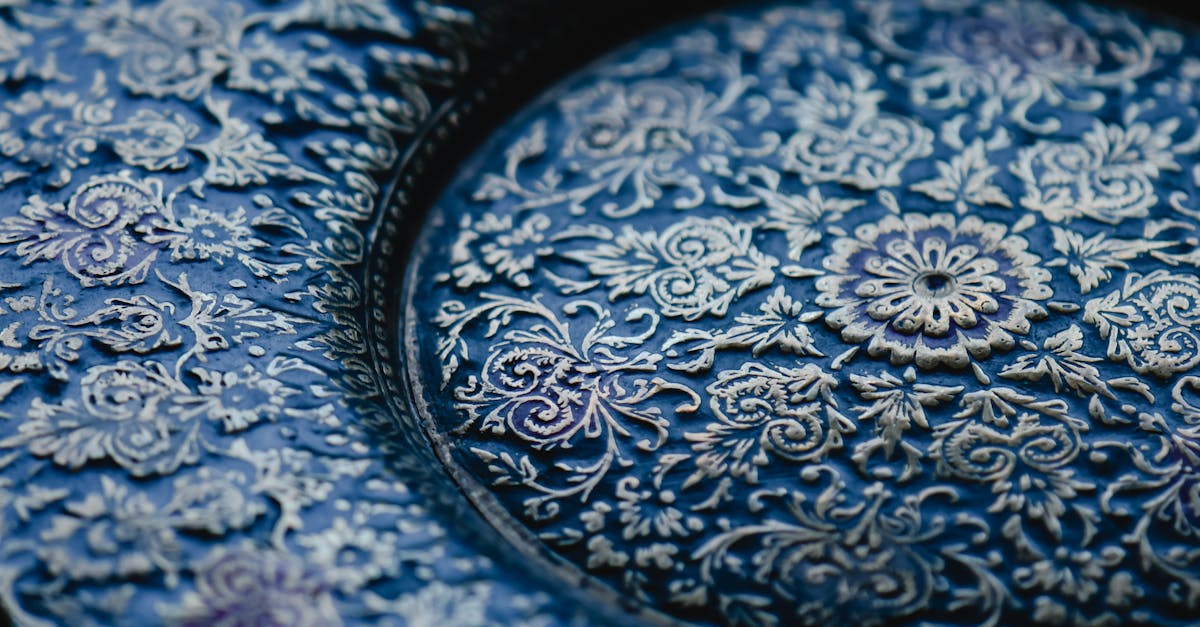
Understanding the Ideal Curing Time for Ceramic Coatings
Determining whether a ceramic coating has fully cured involves both visual and physical assessments. A well-cured coating typically exhibits a smooth, glossy surface without any imperfections. Inspect for any signs of haziness or wet spots, as these ...
Read more →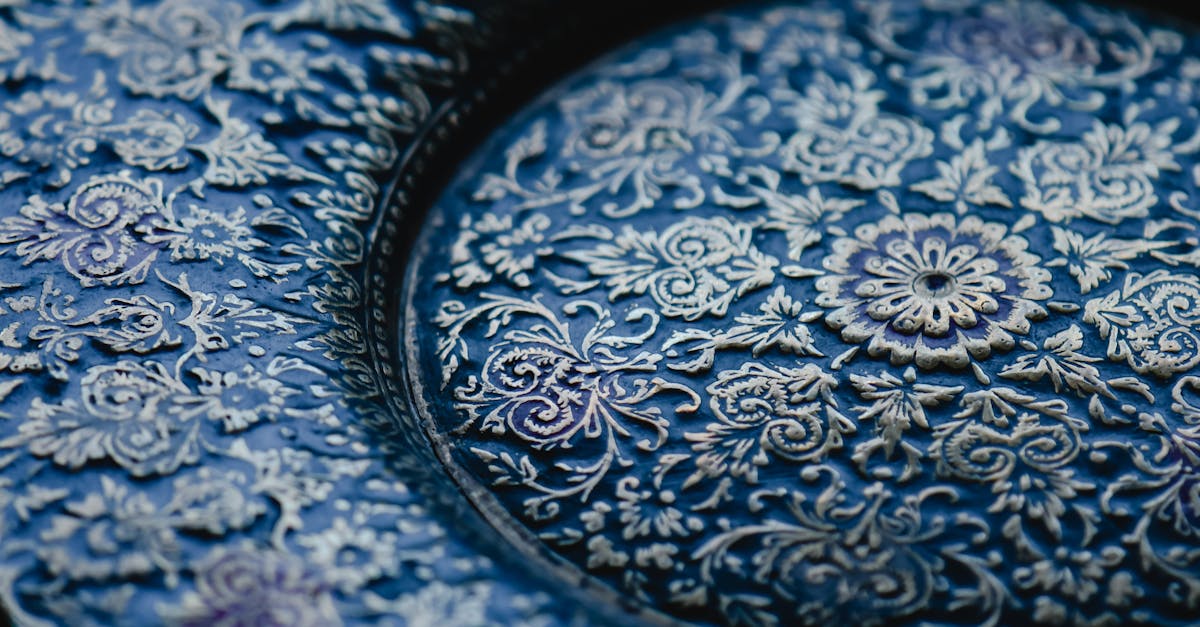
Factors Influencing the Curing Process of Ceramic Coatings
The thickness of ceramic coatings plays a significant role in determining their performance and longevity. Thicker coatings can provide enhanced protection against wear, corrosion, and various environmental factors. However, increasing the thickness ...
Read more →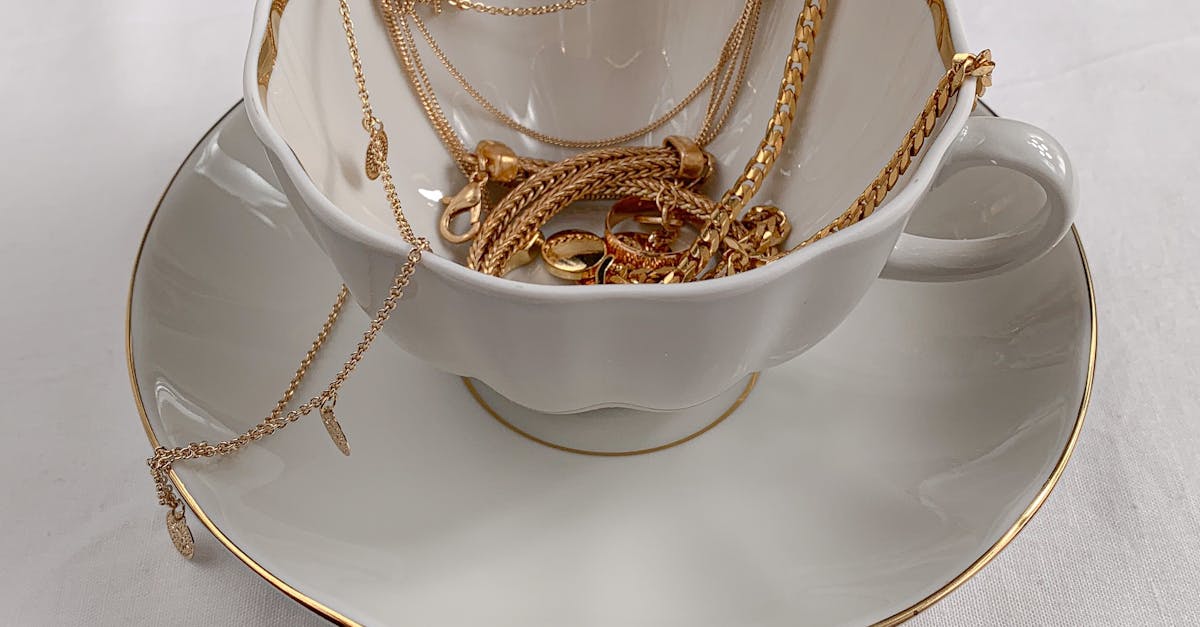
Timing Techniques: When to Reapply and Layer Ceramic Coatings
The frequency of reapplication for ceramic coatings largely depends on various factors such as the type of coating used and the environment in which the vehicle is kept. In general, it is advisable to consider an application every six months to two y...
Read more →
Overhead Application Techniques for Hard-to-Reach Areas in Coating
Both spray and brush application methods have distinct advantages depending on the specific requirements of the coating task. Spray techniques are ideal for achieving a smooth and even finish, especially in hard-to-reach areas. The speed of applicati...
Read more →
Innovative Tools to Enhance Your Ceramic Coating Application Technique
The first step in successful ceramic coating application is to carefully select the right product for your specific needs. Numerous options exist in the market, each with unique formulations designed to provide various levels of protection, durabilit...
Read more →
Key Considerations for Applying Ceramic Coating on Different Surfaces
When applying ceramic coating, the surrounding environment plays a crucial role in determining the success of the process. High humidity can disrupt the curing phase, leading to uneven applications and compromised durability. Ideally, the conditions ...
Read more →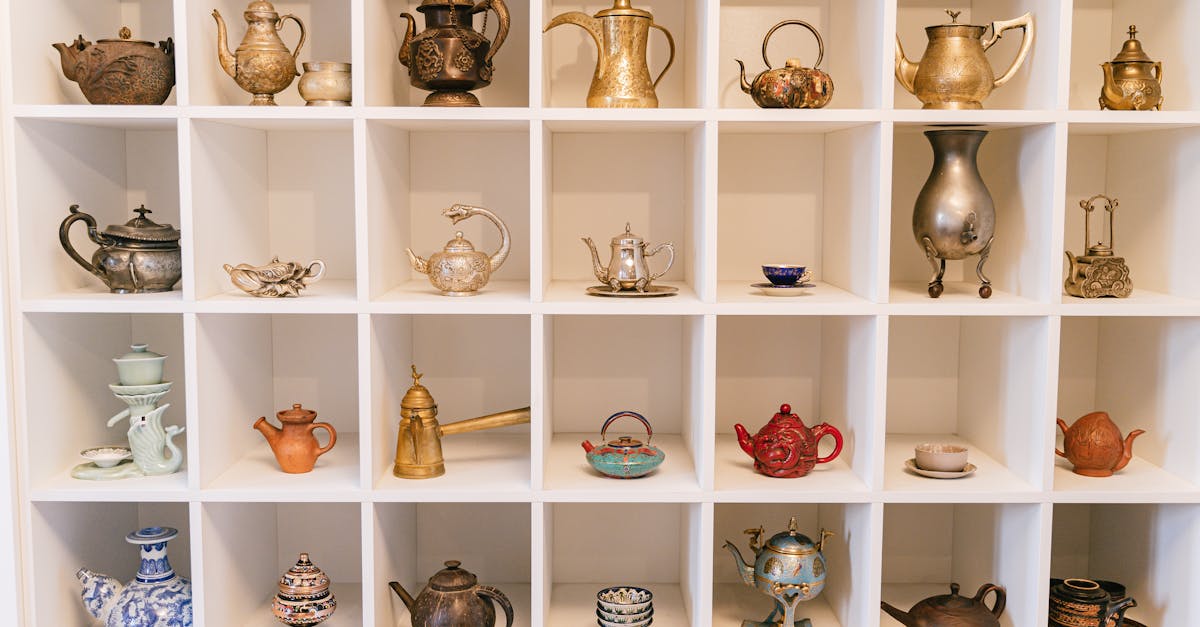
Using a Polishing Machine for Professional-Grade Ceramic Coating
Before beginning the application process, ensure that the surface of the vehicle is clean and free from contaminants. Wash the surface thoroughly with a pH-neutral shampoo. After washing, clay the surface to remove embedded dirt and prepare it for th...
Read more →
Spray vs. Wipe Application: Choosing the Right Method for Ceramic Coating
Wipe application offers significant advantages in terms of control and precision, allowing users to carefully distribute the ceramic coating. This method facilitates a thorough inspection of the surface as the user applies the product, ensuring even ...
Read more →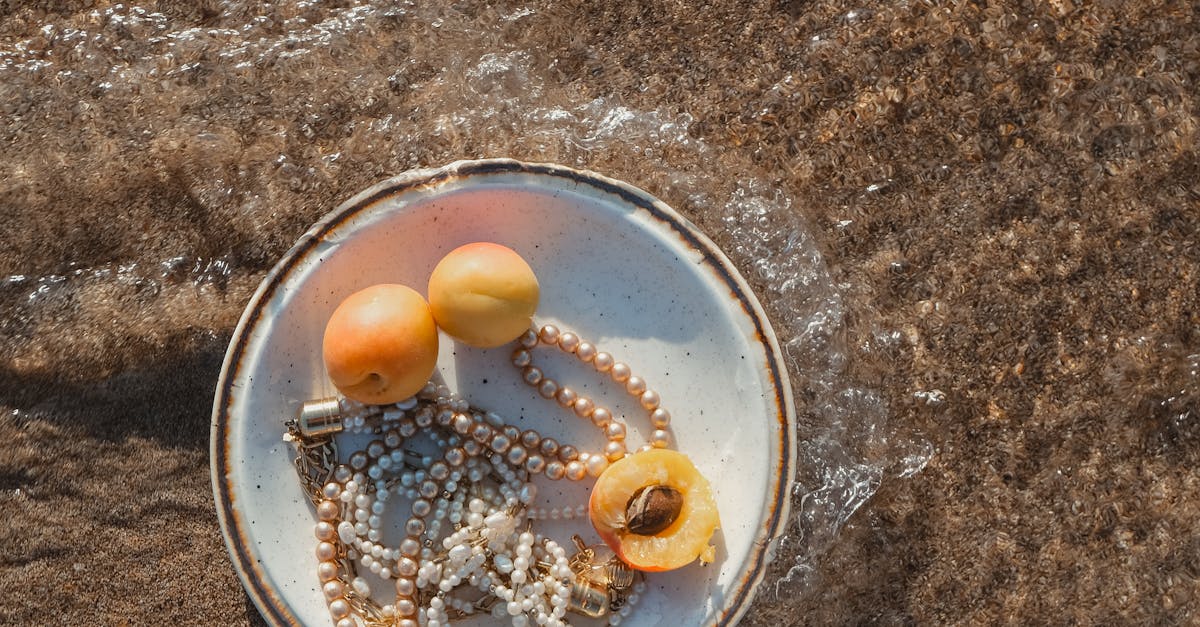
Layering Strategies for Optimal Thickness in Ceramic Coating Applications
Determining the thickness of ceramic coatings after application is critical to ensuring optimal performance and durability. Various factors influence the ideal thickness, including the specific application, the environment in which the coated item wi...
Read more →
The Role of Temperature and Humidity in Ceramic Coating Application
The application of ceramic coatings requires precision to ensure successful adhesion and durability. Techniques such as spray application, dip coating, and brush application tend to be used depending on the complexity and scale of the project. Spray ...
Read more →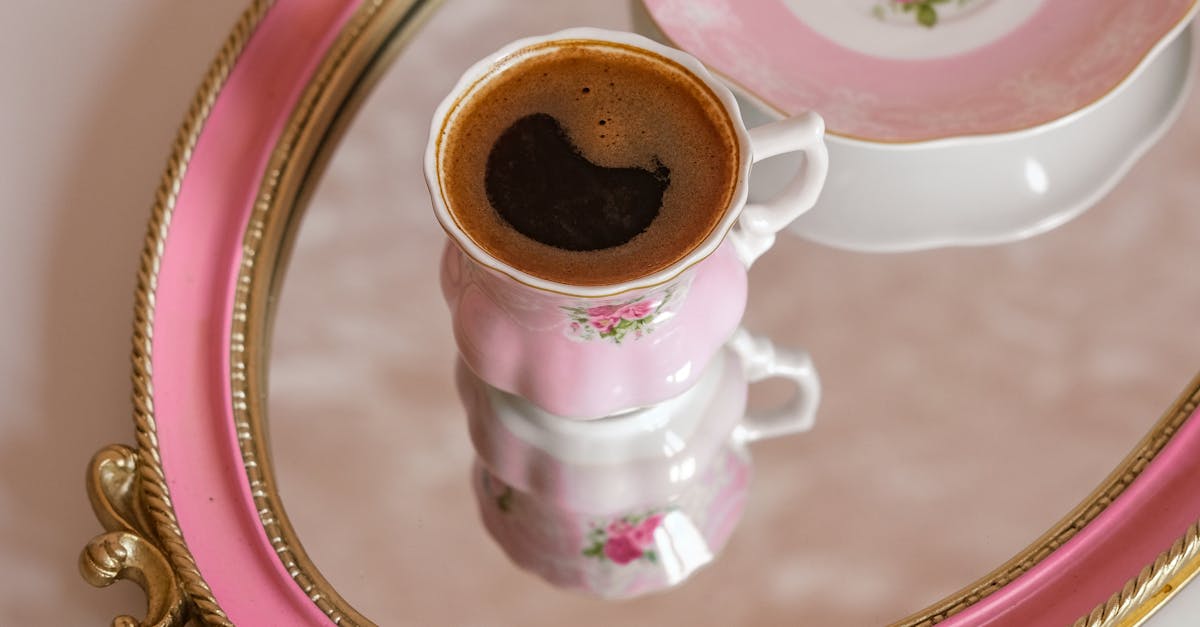
Techniques for Achieving an Even Application of Ceramic Coating
Before starting the application of ceramic coating, ensure the surface is thoroughly cleaned and decontaminated. This step removes any dirt, grime, or existing waxes that could interfere with adhesion. A clay bar treatment is recommended for this pur...
Read more →
The Impact of Surface Temperature on Coating Adhesion
High surface temperatures can significantly influence coating adhesion, often leading to challenges in achieving optimal performance. When surfaces are heated beyond recommended levels, the risk of thermal degradation increases. This can lead to a br...
Read more →
Steps to Achieve Optimal Paint Decontamination
Clay bar treatment is a crucial step in the paint decontamination process. It involves using a specially designed bar made of synthetic material to remove contaminants that regular washing cannot eliminate. Before starting, it is essential to wash th...
Read more →
Benefits of Clay Bar Treatment in Preparation
Clay bar treatment stands out as a practical choice for vehicle owners seeking affordable maintenance solutions. It effectively lifts and removes embedded contaminants that traditional washing cannot eliminate. This proactive approach not only enhanc...
Read more →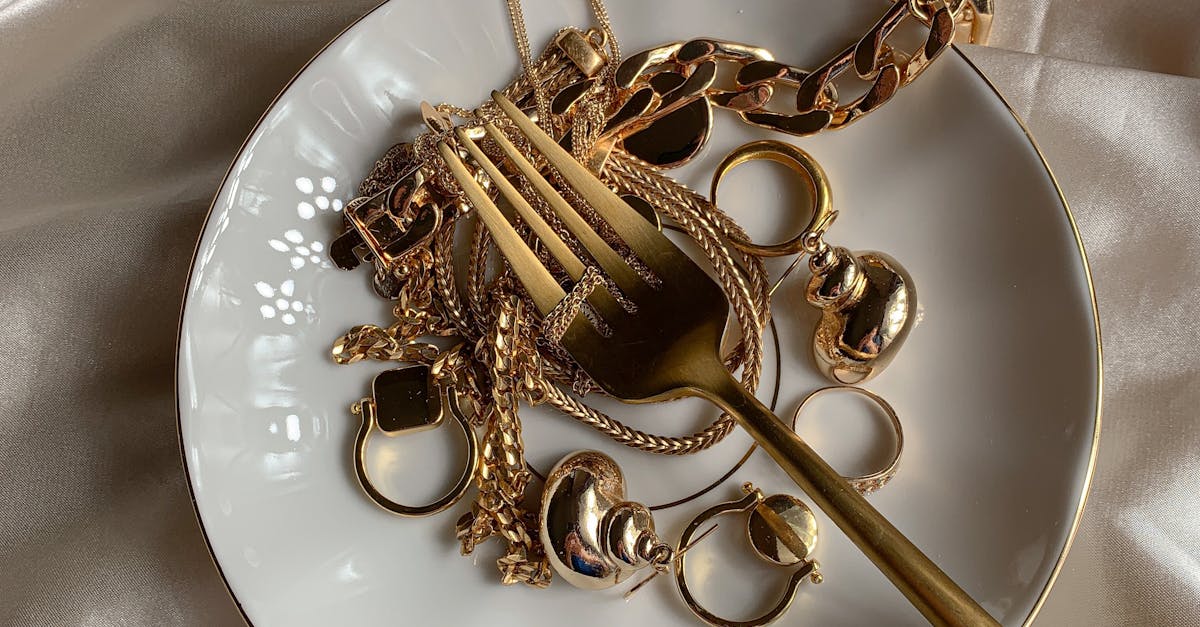
Preparing Glass and Trim for Ceramic Coating
Selecting quality detailing products is vital for achieving a flawless ceramic coating application. Look for dedicated glass and trim cleaners that are specifically formulated to remove grime, dirt, and any residues left from previous waxes or sealan...
Read more →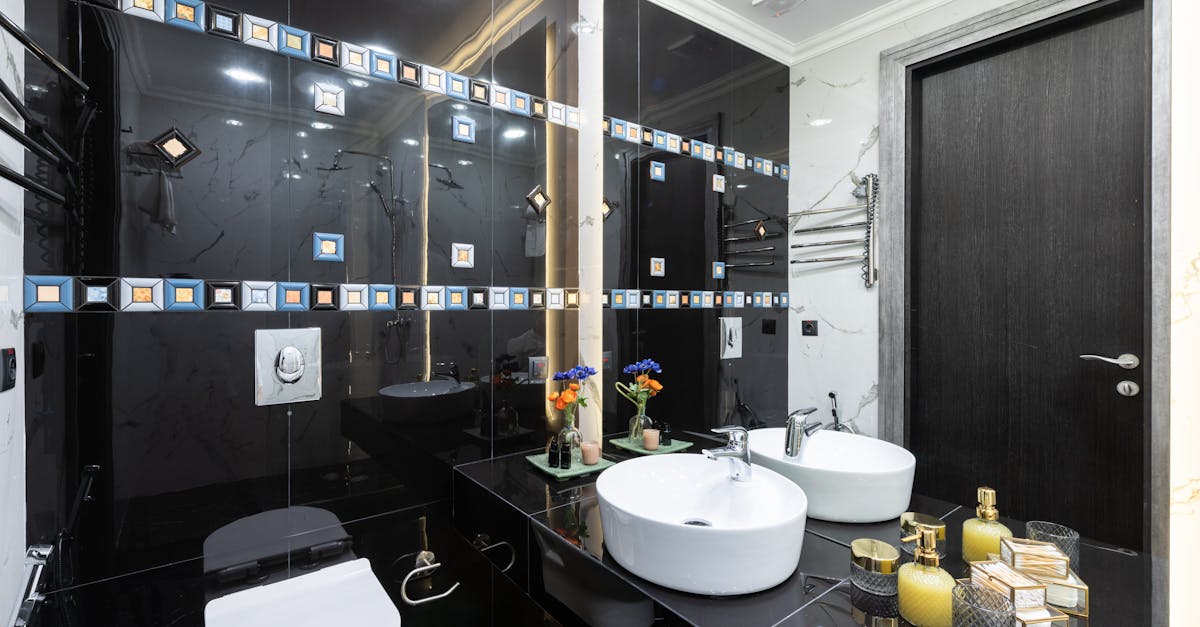
Understanding the Role of Paint Correction in Application
Many car enthusiasts are turning to DIY paint correction techniques to restore their vehicle's finish without the hefty costs associated with professional services. Basic methods can include using a dual-action polisher combined with appropriate poli...
Read more →
How to Inspect for Swirl Marks and Scratches
Scratches can often be hidden or difficult to detect, requiring a keen eye and the right conditions for inspection. Begin by carefully examining the paint finish under good lighting, preferably in a shaded area or during overcast weather. Direct sunl...
Read more →
Selecting the Right Tools for Surface Preparation
Power tools serve as indispensable assets in the surface preparation process. Their ability to significantly reduce the time and effort needed to clean, roughen, or otherwise modify surfaces makes them a popular choice for both professionals and DIY ...
Read more →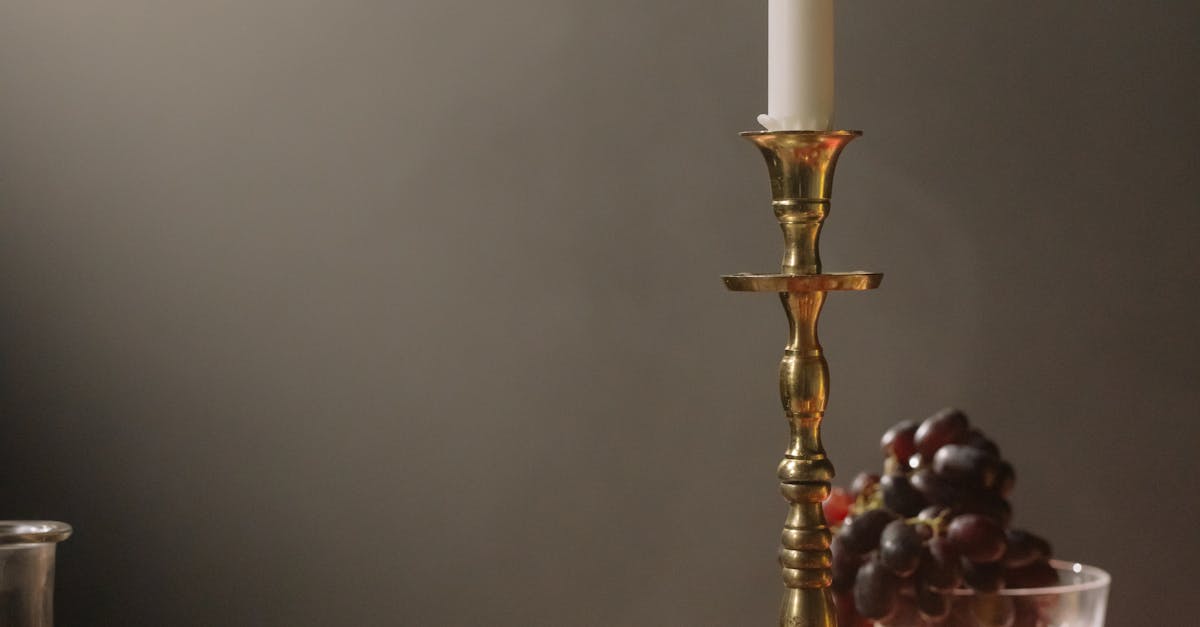
Techniques for Removing Contaminants from Vehicle Surfaces
A clay bar treatment effectively removes embedded contaminants from vehicle surfaces. This technique utilises a specially formulated resin, which acts like a magnet to pull away dirt, grime, and other impurities that washing alone cannot eliminate. T...
Read more →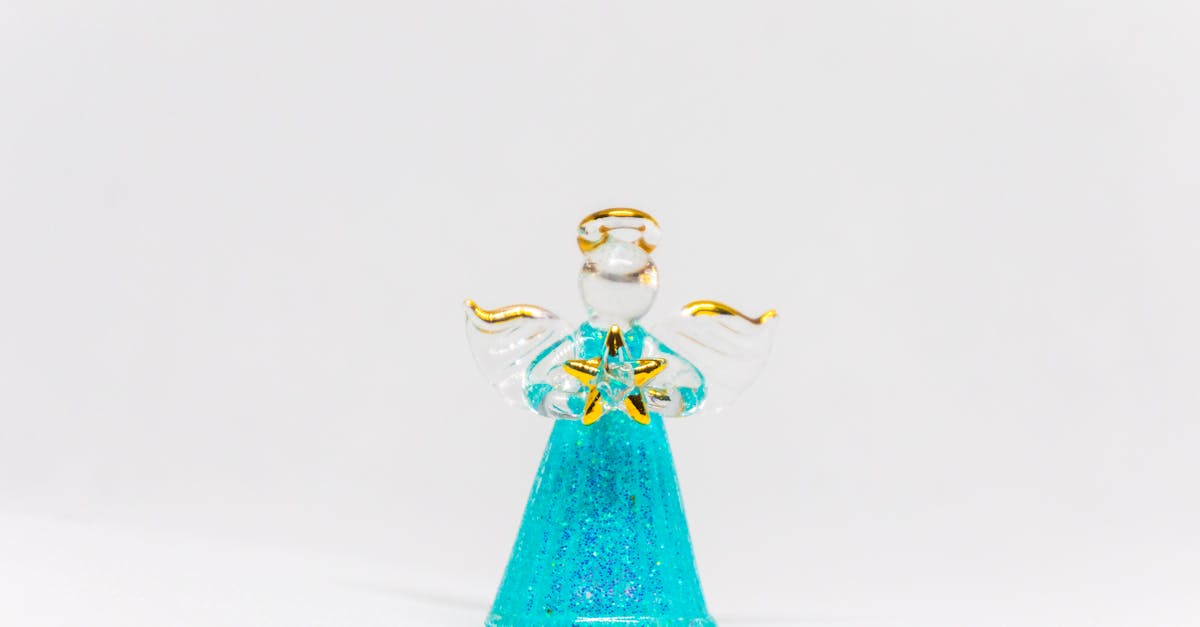
Assessing Surface Paint Condition Prior to Coating
Effective coating application begins with thorough surface preparation. This initial step is crucial for ensuring adherence and longevity of the paint. Begin by cleaning the surface to remove dust, dirt, and grease. Any contaminations can affect the ...
Read more →
Importance of Thorough Surface Cleaning Before Application
Regular maintenance is essential for prolonging the lifespan of surfaces and ensuring optimal performance. Establishing a cleaning schedule tailored to specific materials and usage patterns helps prevent dirt accumulation, which can lead to surface d...
Read more →
Understanding the Long-term Value Benefits of Ceramic Coating
Ceramic coating offers a distinctive depth and clarity to the vehicle's paint that traditional waxes or sealants simply cannot match. This advanced technology creates a high-gloss finish which elevates the overall look of the car, enhancing its colou...
Read more →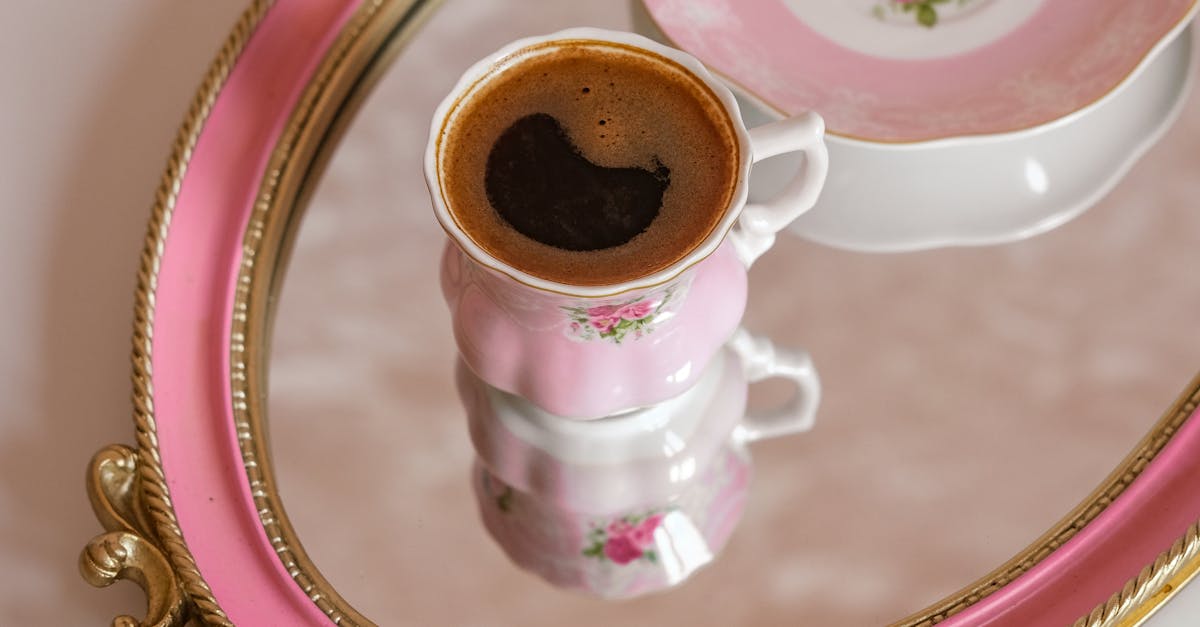
Elevating Your Vehicle’s Market Appeal with Ceramic Coating
Investing in ceramic coating for your vehicle involves various cost factors. The initial price can vary significantly depending on the size of the vehicle, the quality of the products used, and the expertise of the applicator. Generally, you can expe...
Read more →
The Role of Ceramic Coating in Attracting Buyers on the Gold Coast
Ceramic coating offers a significant enhancement over traditional wax in terms of protection and longevity. While wax can provide a shiny finish, it typically lasts only a few weeks before needing reapplication. In contrast, ceramic coatings can last...
Read more →
How Ceramic Coating Can Offset Depreciation of Your Car
To ensure the longevity and effectiveness of ceramic coating, regular maintenance is essential. While ceramic coatings are designed to be durable and resistant to various environmental factors, they still require some care to perform optimally. Routi...
Read more →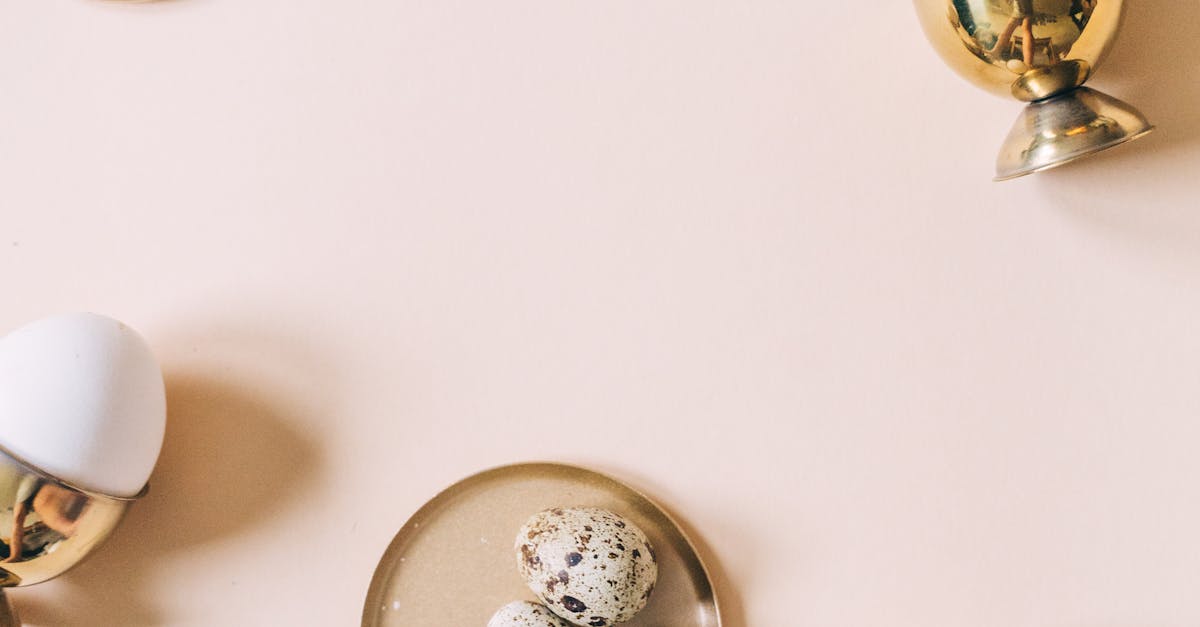
Unlocking Higher Resale Values Through Expert Ceramic Coating
Ceramic coatings offer distinct advantages over traditional paint protection methods such as wax and sealants. While wax provides a temporary shine and protection, it typically lasts only a few weeks before needing reapplication. In contrast, ceramic...
Read more →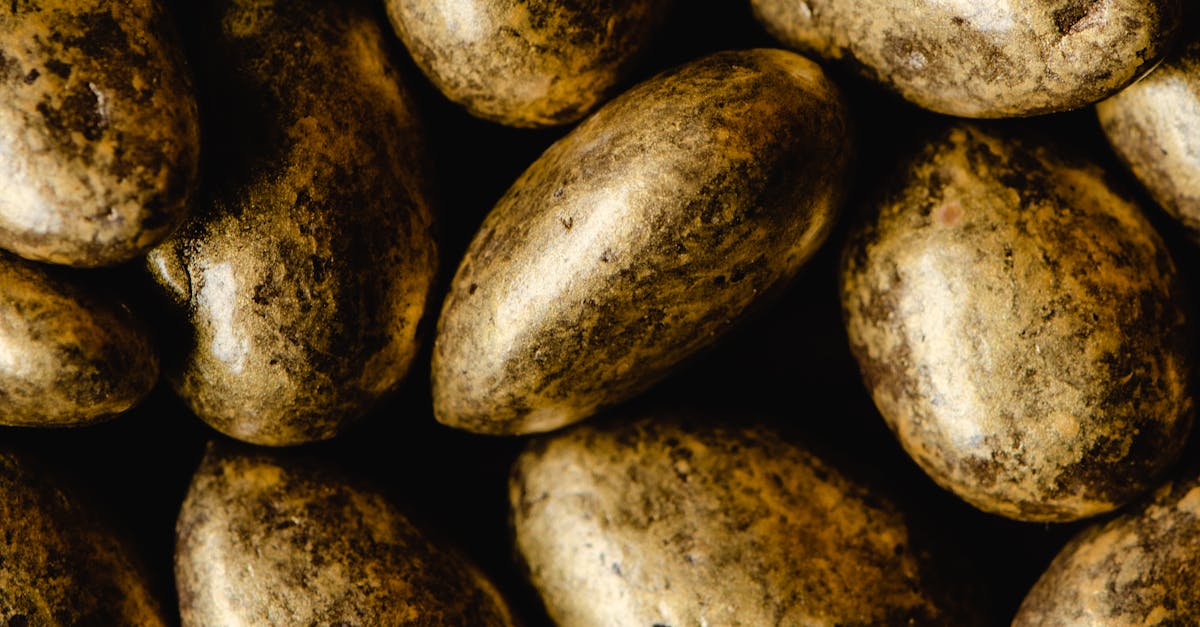
Ceramic Coating: A Smart Investment for Gold Coast Vehicle Owners
A well-executed ceramic coating application begins with thorough preparation. The vehicle’s surface must be meticulously cleaned to remove dirt, grime, and old wax or sealants. This process often involves multiple stages, including washing, claying...
Read more →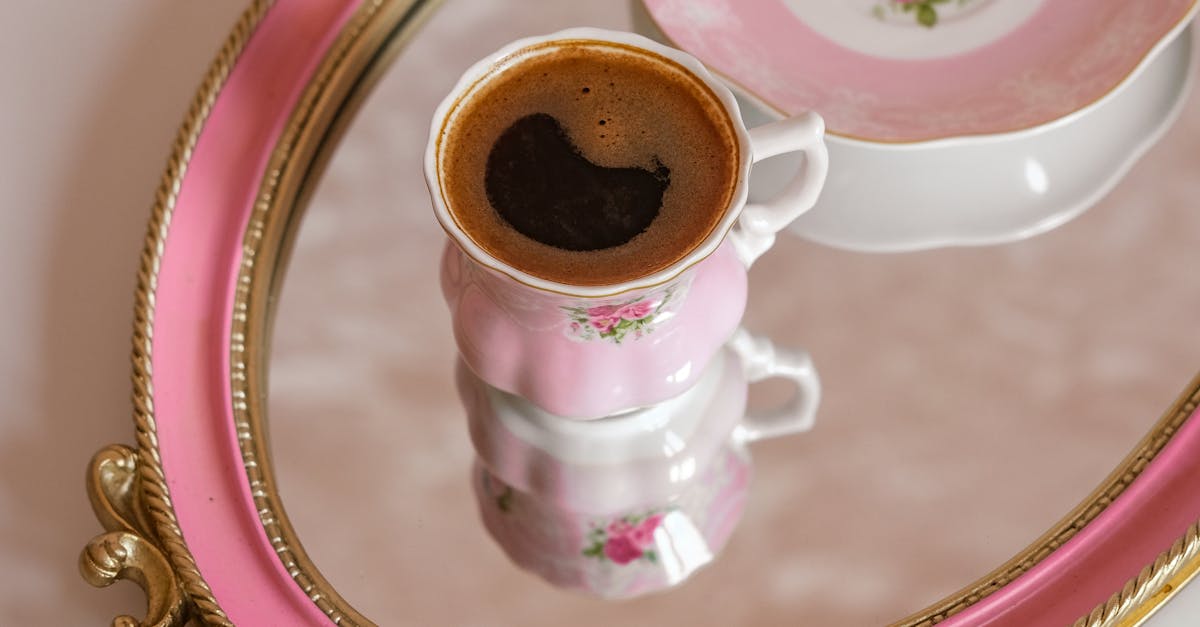
Boosting Your Vehicle’s Resale Potential with Ceramic Coating
Investing in ceramic coating often leads to varying initial costs depending on the product quality and the professional service chosen. A quality application can range from a few hundred to several thousand dollars. While the upfront expenditure may ...
Read more →
The Financial Benefits of Ceramic Coating for Future Vehicle Sales
Prospective buyers often seek vehicles that not only look fantastic but also offer long-term benefits. A vehicle with a ceramic coating stands out in a competitive market. This advanced treatment enhances the aesthetic appeal of the car by providing ...
Read more →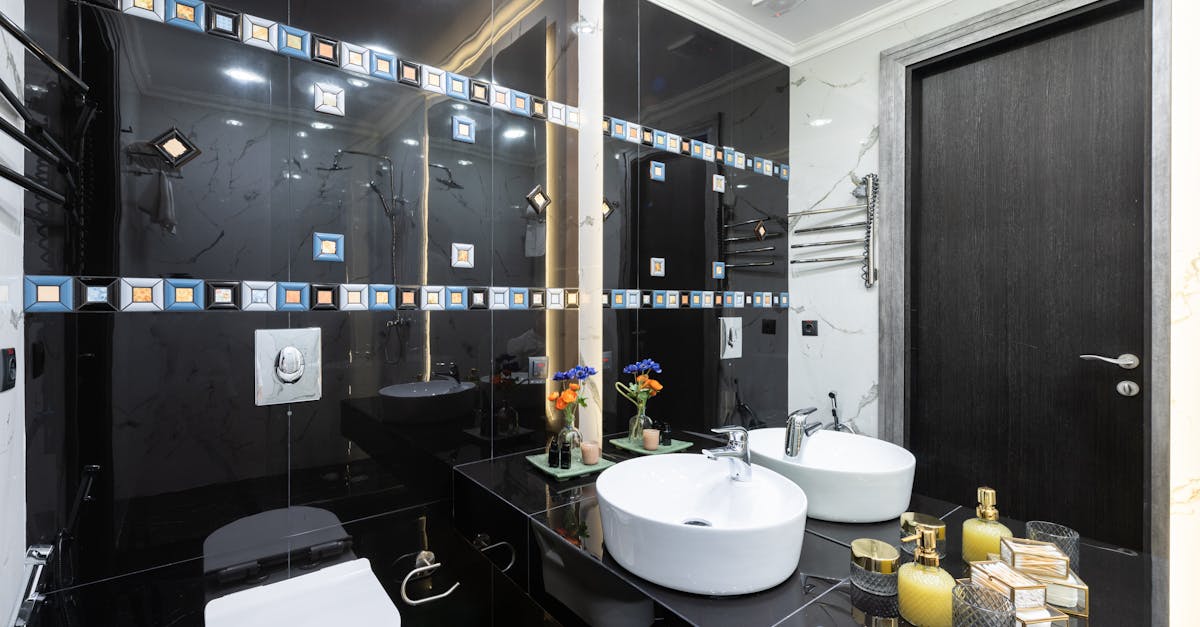
How Ceramic Coating Enhances Vehicle Value in the Gold Coast Market
The application of ceramic coating involves a meticulous process that greatly impacts its efficacy. Initially, the vehicle’s surface must be thoroughly cleaned to remove any dirt, grease, or imperfections. This step is crucial as any contaminants l...
Read more →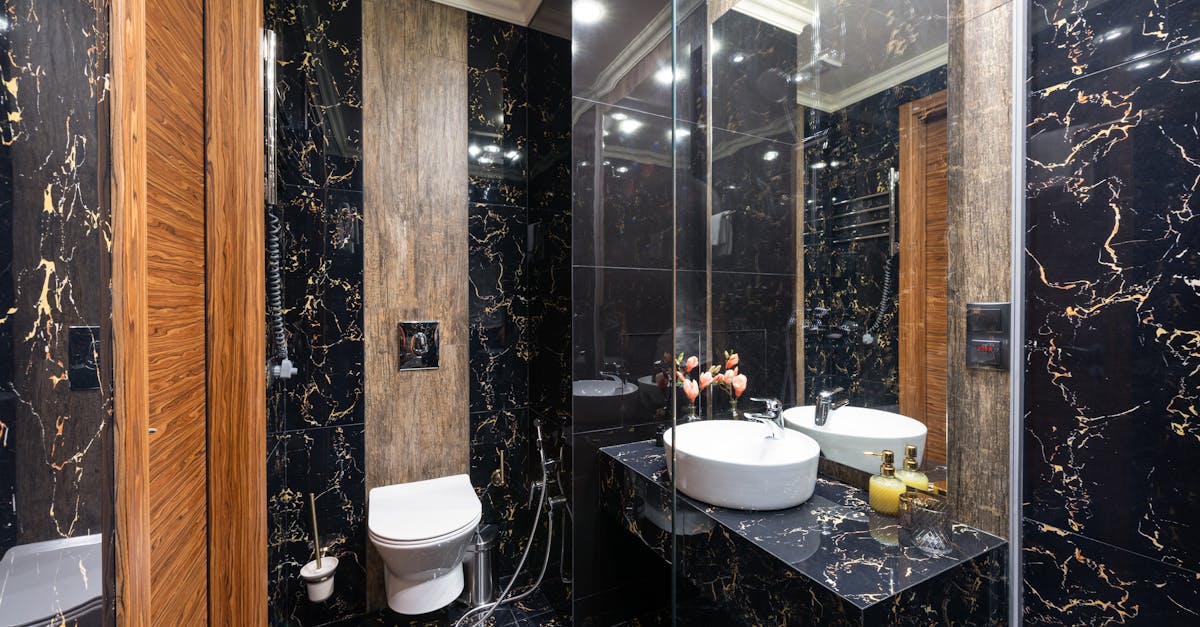
The Impact of Ceramic Coating on Resale Prices for Gold Coast Cars
Investing in ceramic coating for a vehicle involves weighing the initial costs against long-term benefits. While the upfront expense may be higher compared to traditional paint protection methods, the durability of ceramic coatings can make them a wo...
Read more →
How Ceramic Coating Minimises Stains on Vehicle Surfaces
Ceramic coating and traditional wax serve the purpose of protecting vehicle surfaces, yet they differ significantly in their application and longevity. Wax provides a superficial layer of protection that lasts for a few months. Its main ingredient, c...
Read more →
The Convenience of Easy Spot Cleaning with Ceramic Coating
Selecting the appropriate ceramic coating for your vehicle involves evaluating several factors. The type of paint, the climate you reside in, and the amount of time you want to dedicate to maintenance all play significant roles. Some ceramic coatings...
Read more →
Protecting Your Investment with Low-Maintenance Solutions
When selecting durable products, it's crucial to assess the materials used in their construction. Look for options that are resistant to common wear and tear. Products made from high-quality metals, robust plastics, or natural materials like stone of...
Read more →
The Secret to Smudge-Free Surfaces: Benefits of Ceramic Coating
Investing in ceramic coatings proves to be a financially sound decision for many vehicle owners. The initial outlay may seem significant, but the longevity and durability of the coating can lead to reduced maintenance costs in the long run. Tradition...
Read more →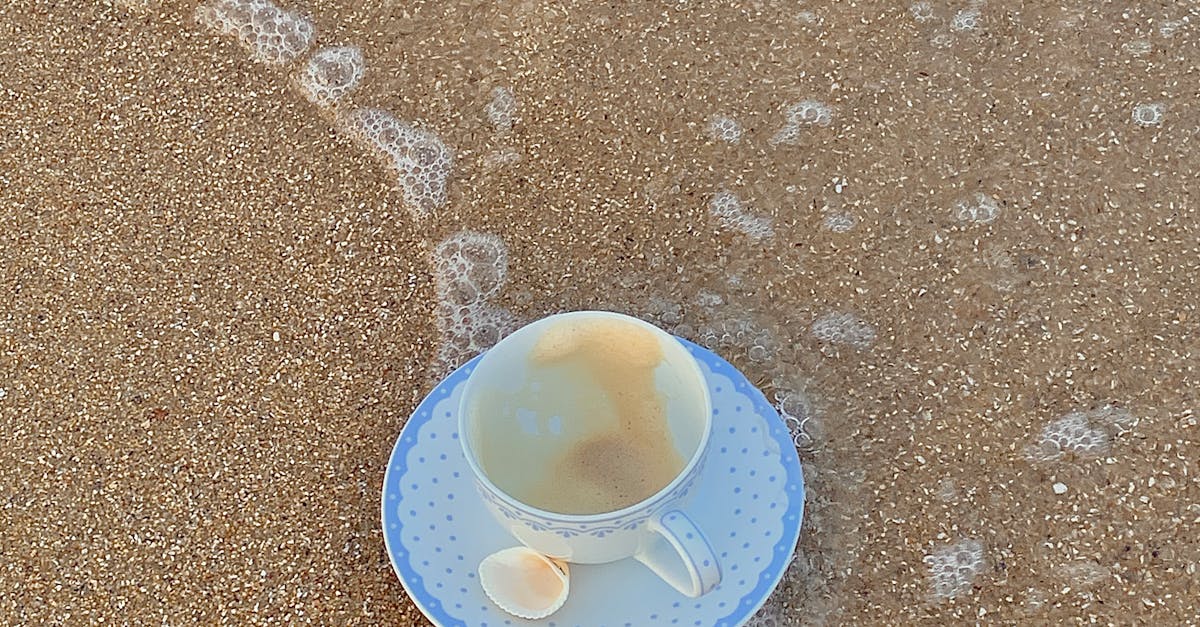
Maintaining a Pristine Finish: The Advantages of Ceramic Coating
One of the most appealing aspects of ceramic coatings is the significant reduction in the frequency and intensity of cleaning required. Traditional waxes and sealants often demand regular application and intensive scrubbing to maintain a glossy finis...
Read more →
Why Ceramic Coating Makes Waxing Obsolete
Maintaining a ceramic coated vehicle primarily involves regular washing and occasional detailing. A pH-neutral car shampoo is recommended to preserve the integrity of the coating while removing dirt and grime effectively. Avoid harsh chemicals or abr...
Read more →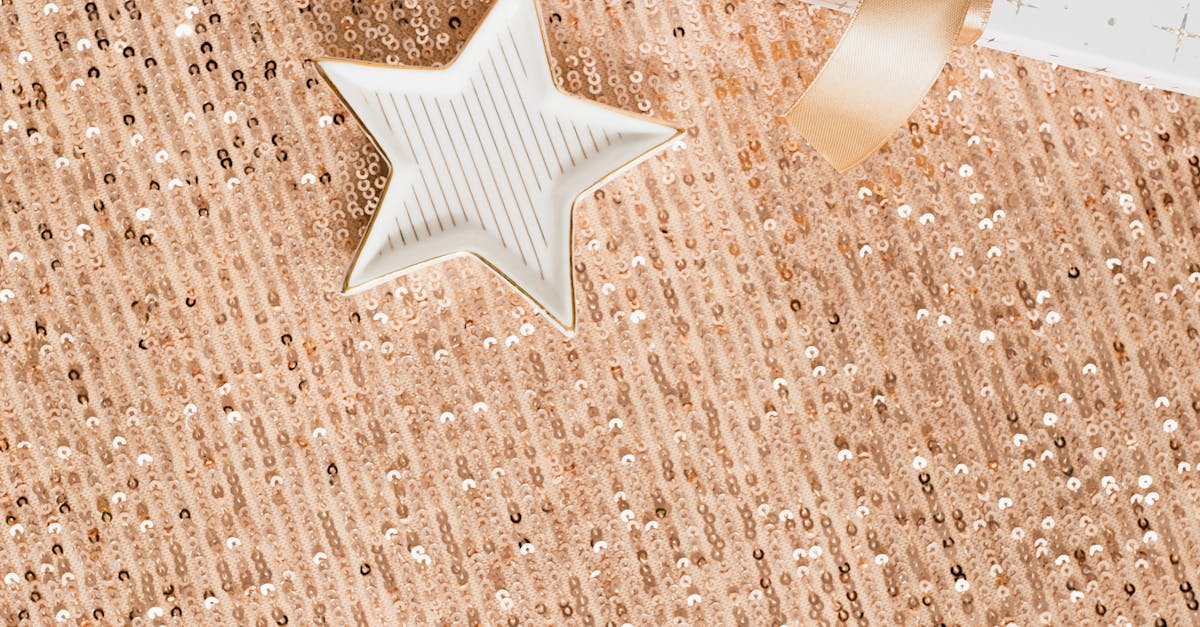
Effortless Car Washing: The Role of Ceramic Coatings
Many people believe that ceramic coatings are a magic solution that eliminates the need for regular car washes. While these coatings do provide impressive protection against dirt, grime, and UV rays, they do not render the car immune to the elements....
Read more →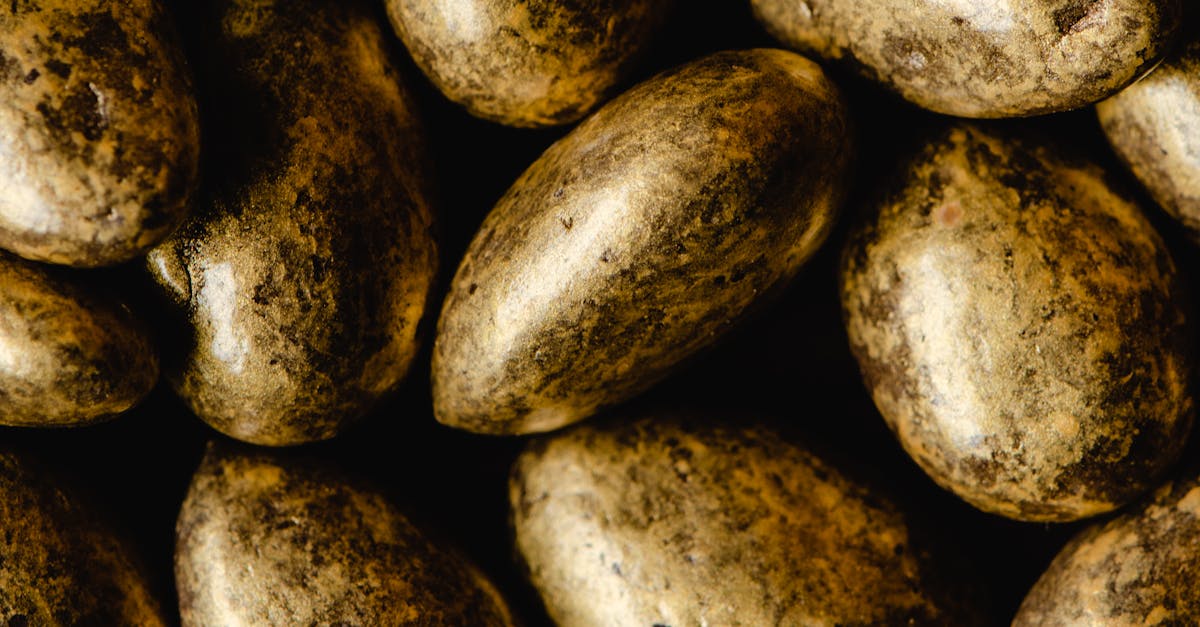
The Impact of Ceramic Coating on Dirt and Grime Build-up
Dirt and grime accumulation on surfaces can be influenced by a variety of environmental factors. Urban areas often present unique challenges, such as air pollution and industrial fallout, which can lead to a quicker build-up of contaminants. Addition...
Read more →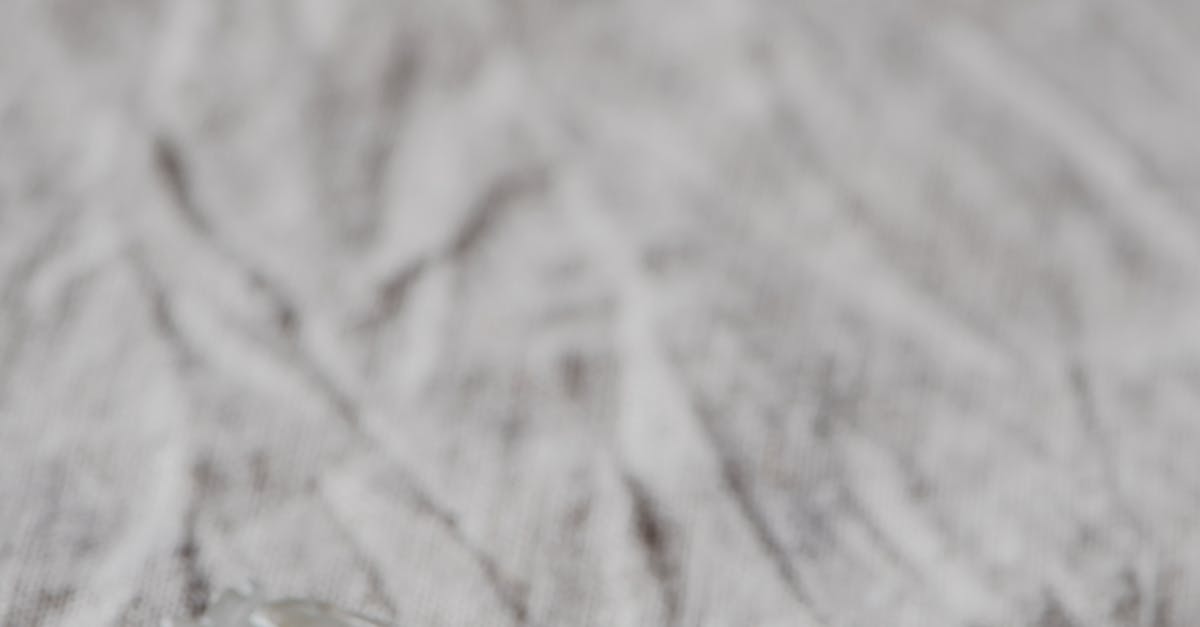
How Ceramic Coating Transforms Cleaning Times
Ceramic coatings are highly effective at creating a hydrophobic surface that repels water and dirt. This protective layer makes it difficult for contaminants to adhere to the underlying surface. Consequently, surfaces treated with ceramic coatings of...
Read more →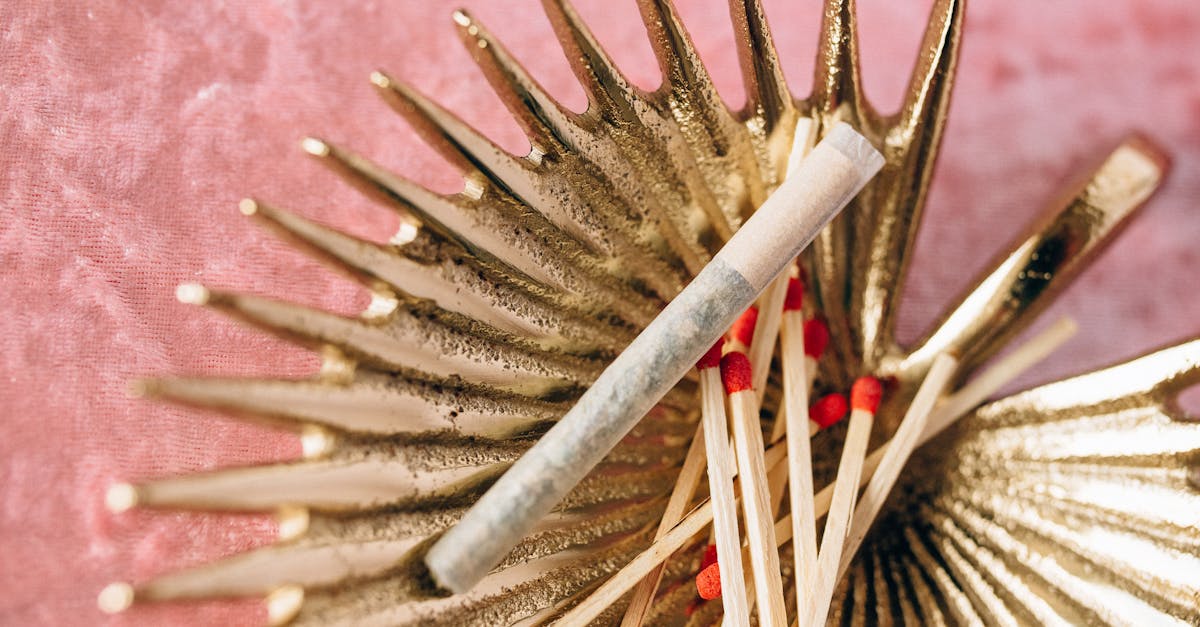
The Benefits of Ceramic Coating in Harsh Australian Sun Conditions
Ceramic coatings offer exceptional protection against a variety of environmental contaminants prevalent in harsh Australian conditions. The extreme UV radiation can cause fading and degradation of paint, while contaminants such as dirt, grime and roa...
Read more →
Simplifying Your Car Care Routine with Ceramic Coating
Many car owners believe that ceramic coating is a magic solution that eliminates the need for regular maintenance. This misconception often leads to disappointment when users find that while the coating offers excellent protection against environment...
Read more →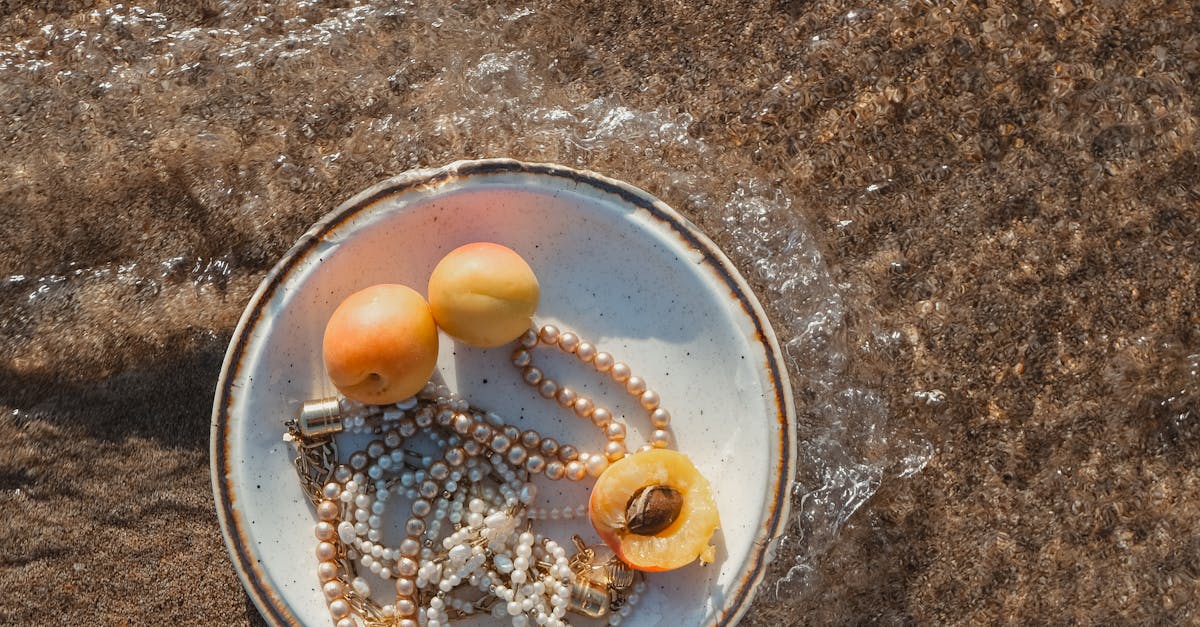
Understanding the UV Protection Properties of Quality Ceramic Coatings
To ensure the longevity and effectiveness of ceramic coatings, regular maintenance is key. A gentle wash routine using pH-balanced soaps helps in removing contaminants without compromising the coating. Avoiding abrasive materials during cleaning prot...
Read more →
Why UV Protection is Essential for Vehicle Maintenance
Keeping your vehicle clean is vital in reducing UV exposure effects. Regular washes, ideally every two weeks, help remove dirt and grime that can trap UV rays against your paintwork. High-quality car wax, applied after washing, forms a protective lay...
Read more →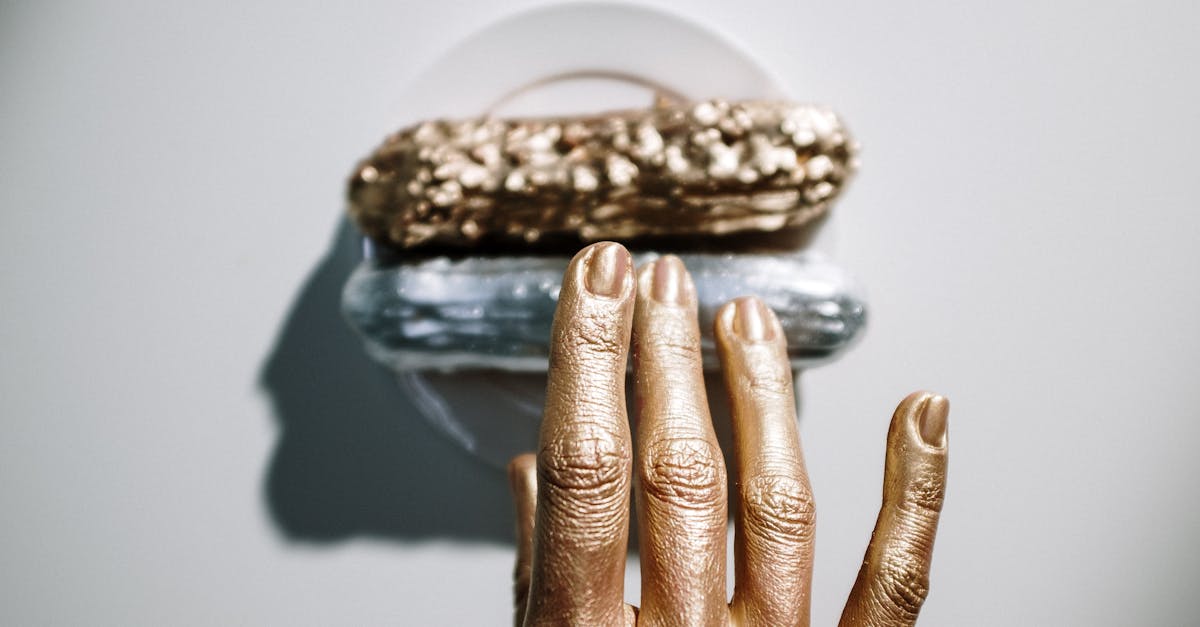
The Impact of UV Damage on Vehicle Appearance
The harsh Australian sun can lead to significant UV damage on vehicles over time. Implementing various preventive strategies can help maintain the aesthetics and lifespan of your car. Regularly applying quality wax creates a protective barrier agains...
Read more →
Enhancing Vehicle Longevity with UV Protective Ceramic Coatings
Ceramic coatings represent an initial financial investment that can yield significant long-term savings. Their ability to protect vehicles from environmental damage, such as UV rays and contaminants, reduces the frequency of detailing and repainting....
Read more →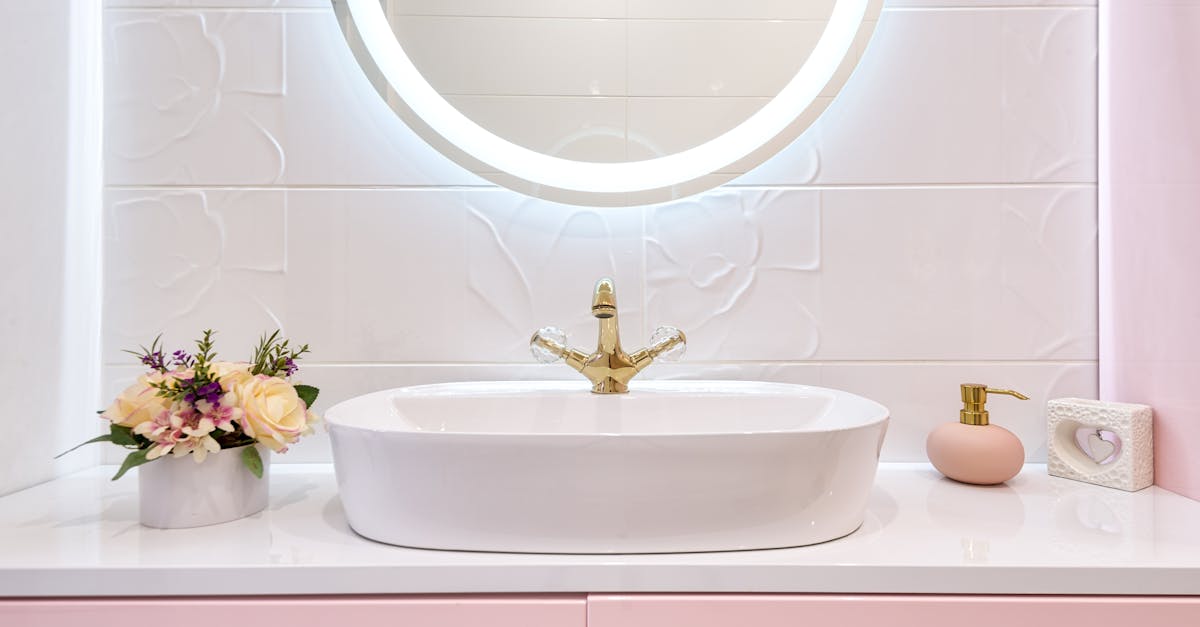
Ceramic Coating vs Traditional Waxes: UV Protection Comparison
Traditional car waxes offer a degree of protection against UV damage, though their efficacy can vary significantly between products. Many waxes create a thin layer over the paintwork that reflects some sunlight. This reflective quality can help preve...
Read more →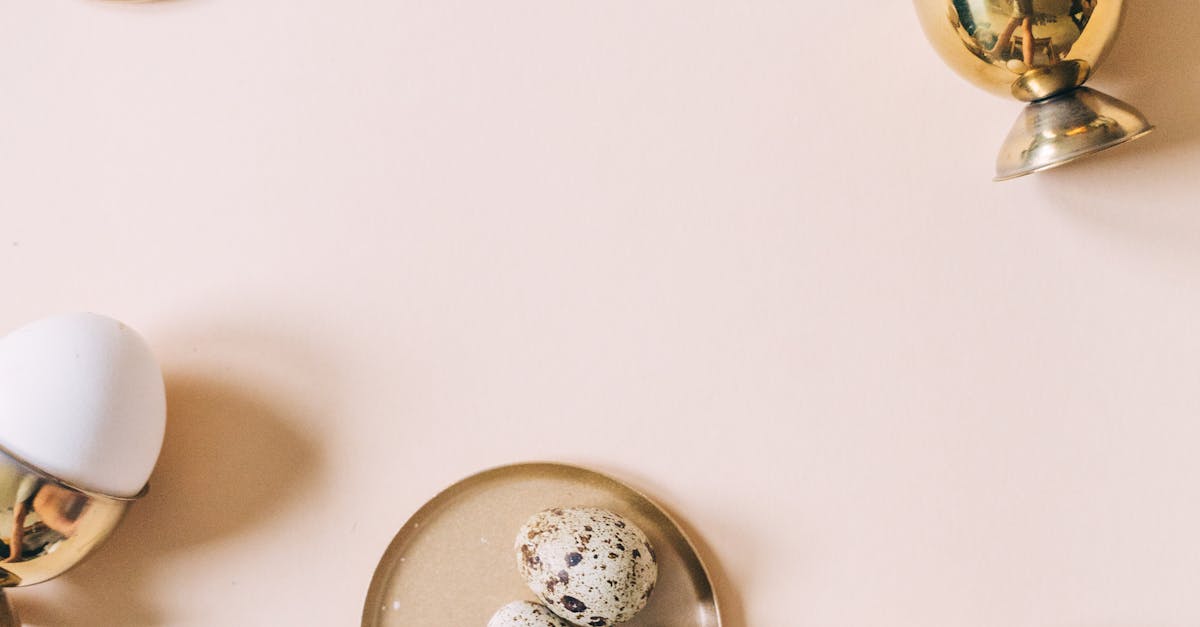
Long-Term Benefits of UV Protection in Automotive Ceramic Coating
Automotive ceramic coatings provide an exceptional barrier against various environmental contaminants. Dust, dirt, bird droppings, tree sap, and industrial fallout can all cause damage to a vehicle's paintwork over time. This protective layer makes i...
Read more →
Preventing Paint Fade: The Role of Ceramic Coating
Ceramic coating stands out for its unique properties that differ from traditional paint protection methods like wax, sealants, and PPF (paint protection film). While wax offers an inexpensive and easy-to-apply solution with a warm finish, it lacks du...
Read more →
The Science Behind UV Resistance in Ceramic Coatings
UV resistant ceramic coatings are employed across various sectors, owing to their durability and protective qualities. Automotive applications frequently utilise these coatings to protect paintwork from sun damage and fading. Not only do they enhance...
Read more →
How Ceramic Coating Shields Your Vehicle from Harmful UV Rays
Proper maintenance is crucial for maximising the lifespan of ceramic coatings. Regular washing using a pH-neutral car shampoo prevents the buildup of contaminants like dirt and grime. It’s best to use a soft cloth or microfiber towel to avoid scrat...
Read more →
Understanding the Durability of Gloss in Ceramic Coated Vehicles
Many people believe that a higher gloss level directly correlates with improved protection. This misconception overlooks the essential role of the ceramic coating's composition and application techniques. While a shiny surface may be aesthetically pl...
Read more →
How Weather Conditions Affect the Gloss of Ceramic Coating
Ceramic coatings are designed to provide a protective layer on automotive surfaces, but their performance can be impacted by rain and various water exposures. Water can interfere with the curing process, especially if it occurs shortly after applicat...
Read more →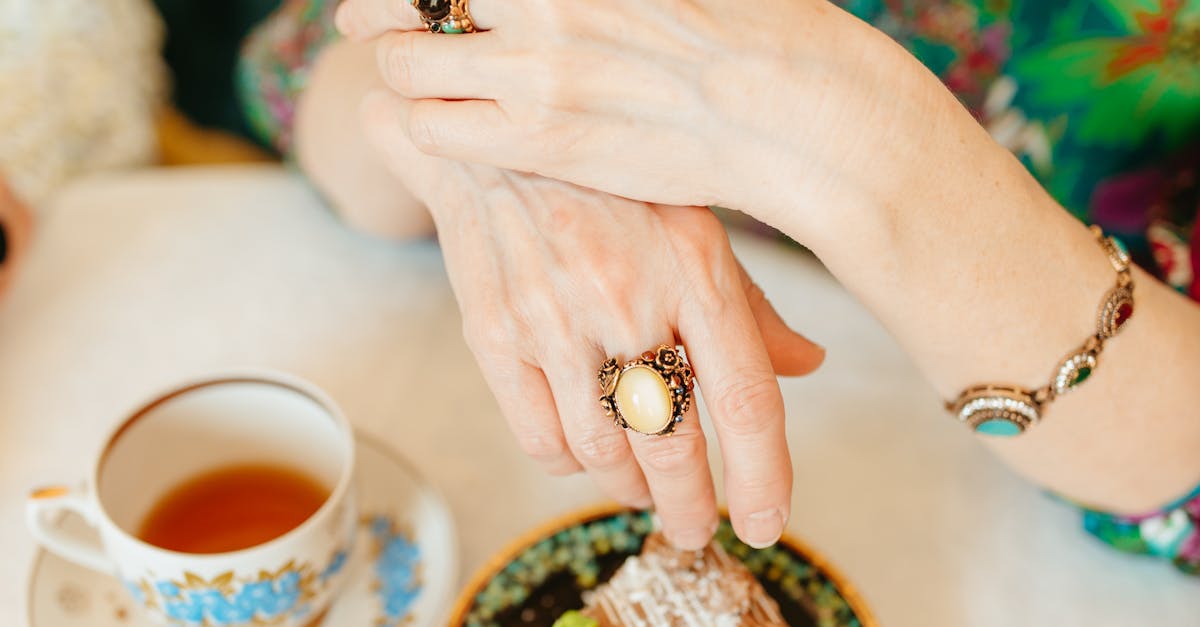
Factors Influencing the Gloss Level in Ceramic Coated Cars
Regular maintenance plays a crucial role in preserving the gloss level of ceramic coated cars. Routine washing using pH-balanced shampoos helps to remove contaminants without compromising the integrity of the coating. It is important to avoid harsh d...
Read more →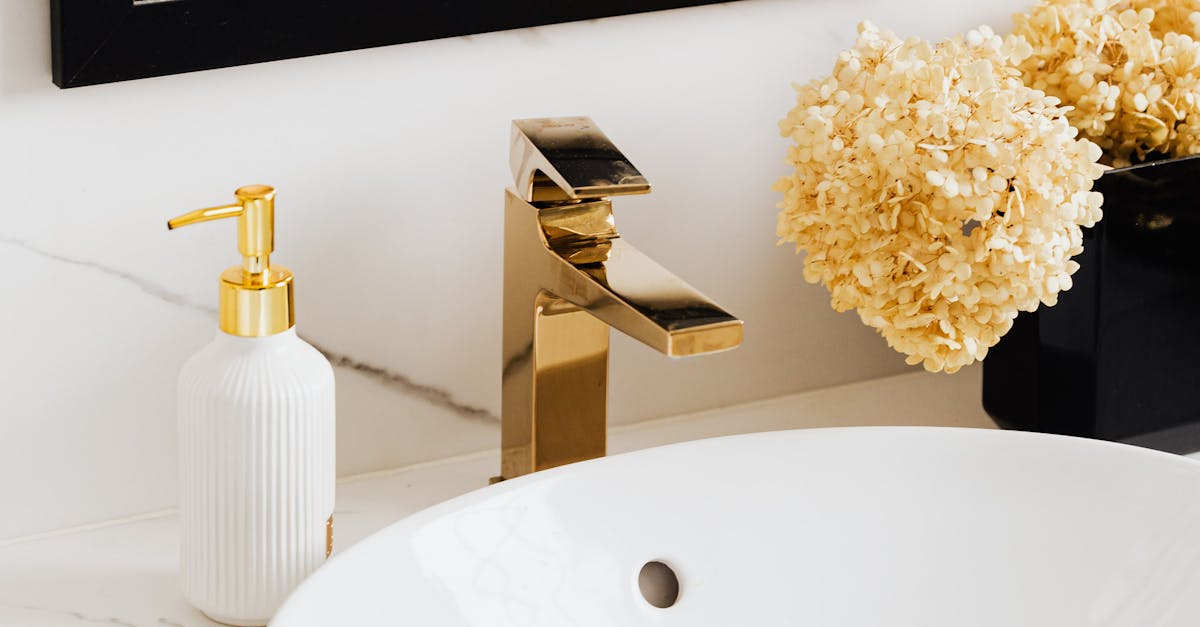
Long-term Benefits of a Radiant Finish with Ceramic Coating
Ceramic coating provides a robust barrier against harmful ultraviolet rays, which can lead to paint fading and deterioration over time. By reflecting and absorbing UV radiation, the coating helps maintain the vibrancy and integrity of the vehicle's p...
Read more →
Transforming Dull Surfaces: The Long-lasting Effects of Ceramic Coating
Regular maintenance is essential to keep the ceramic coating in optimal condition. While one of the main advantages of this coating is its durability, neglecting routine care can lead to diminished protective qualities over time. Gently washing the s...
Read more →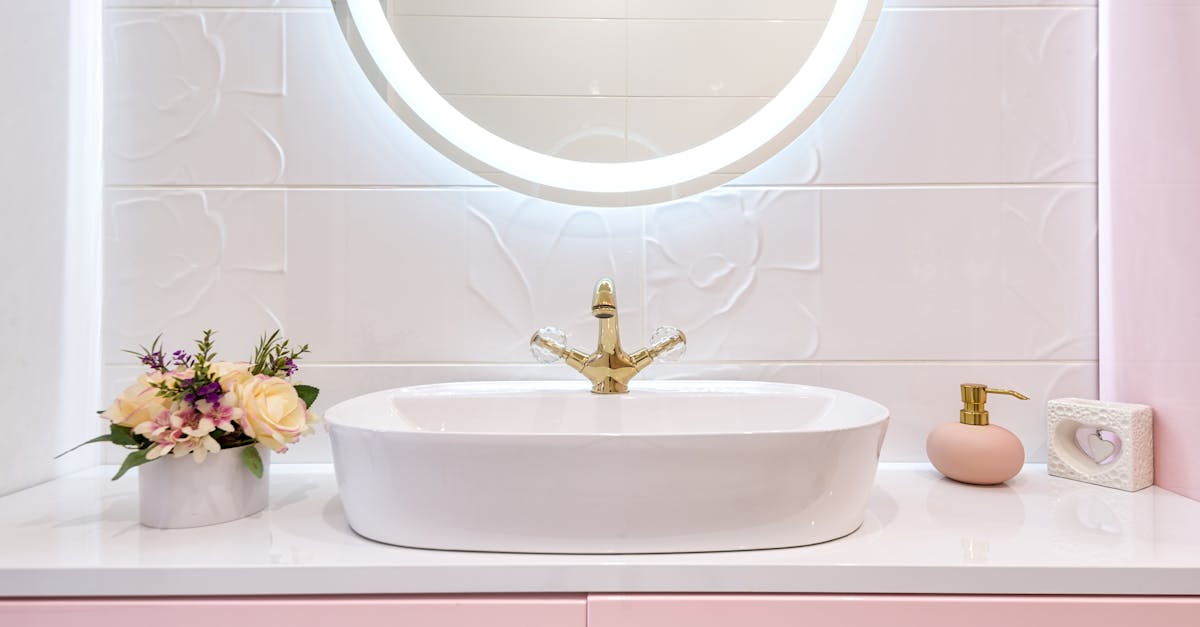
The Role of Ceramic Coating in Shimmering Paint Protection
Ceramic coating and traditional wax serve the primary purpose of enhancing the appearance of a vehicle's paint while providing a layer of protection. Wax has been a favoured choice for many years due to its easy application and reasonably low cost. H...
Read more →
How Ceramic Coating Enhances Your Vehicle’s Aesthetic Appeal
Before applying ceramic coating, a thorough preparation of the vehicle’s surface is essential. This often involves washing the car meticulously to remove dirt, grime, and any previously applied wax or sealants. Following the wash, detailed claying ...
Read more →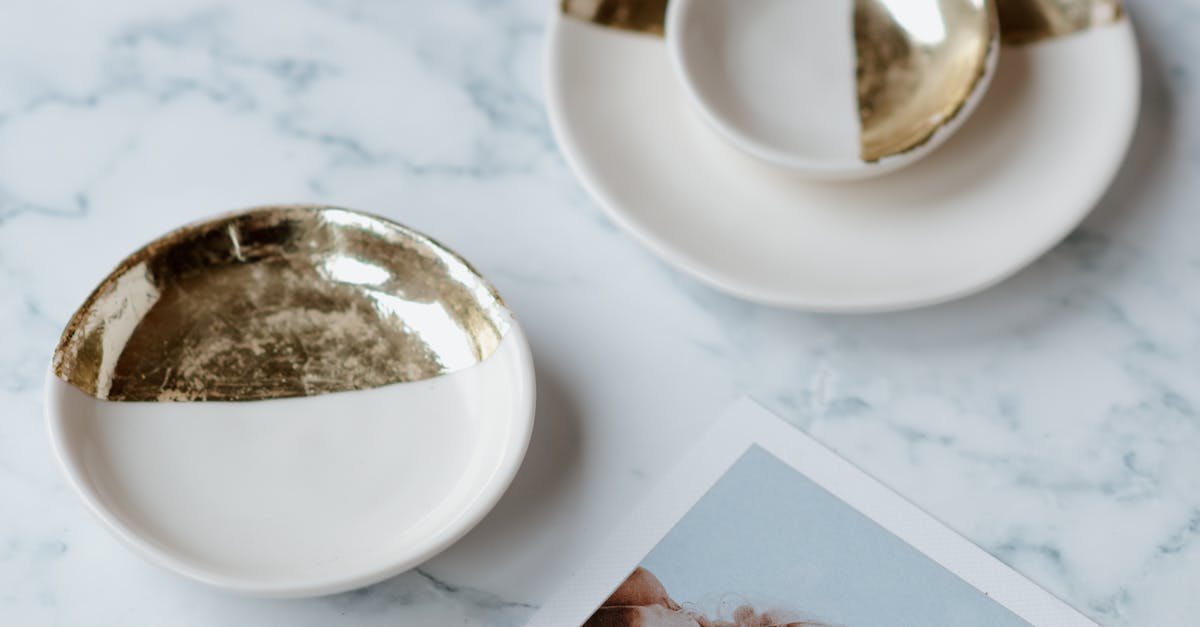
Achieving a Mirror-like Finish with Ceramic Coating
One common mistake people make during the application process is skipping the prep work. Properly cleaning and decontaminating the surface ensures optimal adhesion of the ceramic coating. Ignoring this step can result in an uneven finish and reduced ...
Read more →
Maintaining Shine: Why Ceramic Coating Outlasts Traditional Wax
When considering the financial implications of vehicle maintenance, the upfront cost of ceramic coating can seem daunting compared to traditional wax. However, when you factor in the longevity and durability of ceramic coatings, the initial investmen...
Read more →
The Science Behind the Gloss of Ceramic Coated Surfaces
Ceramic coated surfaces require specific maintenance to uphold their protective properties and aesthetic appeal. Regular washing using pH-neutral car shampoos helps remove dirt and grime without degrading the coating. Avoiding harsh chemicals and abr...
Read more →
Ceramic Coating vs Traditional Wax: Which Offers Better Protection
The visual impact of a vehicle significantly influences its overall appeal. Ceramic coatings are renowned for providing an ultra-glossy finish that enhances the colour depth and reflection of the paintwork. This high shine often remains intact for lo...
Read more →
Preventing Contamination: The Power of Ceramic Coating
Many people believe that ceramic coatings make vehicles completely immune to scratches or damage. This misconception can lead to unrealistic expectations concerning the product's protective capabilities. While ceramic coatings do provide a significan...
Read more →
Environmental Contaminants and Your Car: How Ceramic Coating Helps
Ceramic coatings offer a remarkable level of durability that significantly surpasses traditional protective methods. Typically, these coatings can last anywhere from two to five years, depending on the quality of application and environmental factors...
Read more →
Why Ceramic Coating is Essential for Coastal Vehicle Protection
The application of ceramic coating involves meticulous preparation and a series of precise steps to ensure optimal results. Initially, the vehicle's surface must be thoroughly cleaned and decontaminated. This may involve washing, claying, and polishi...
Read more →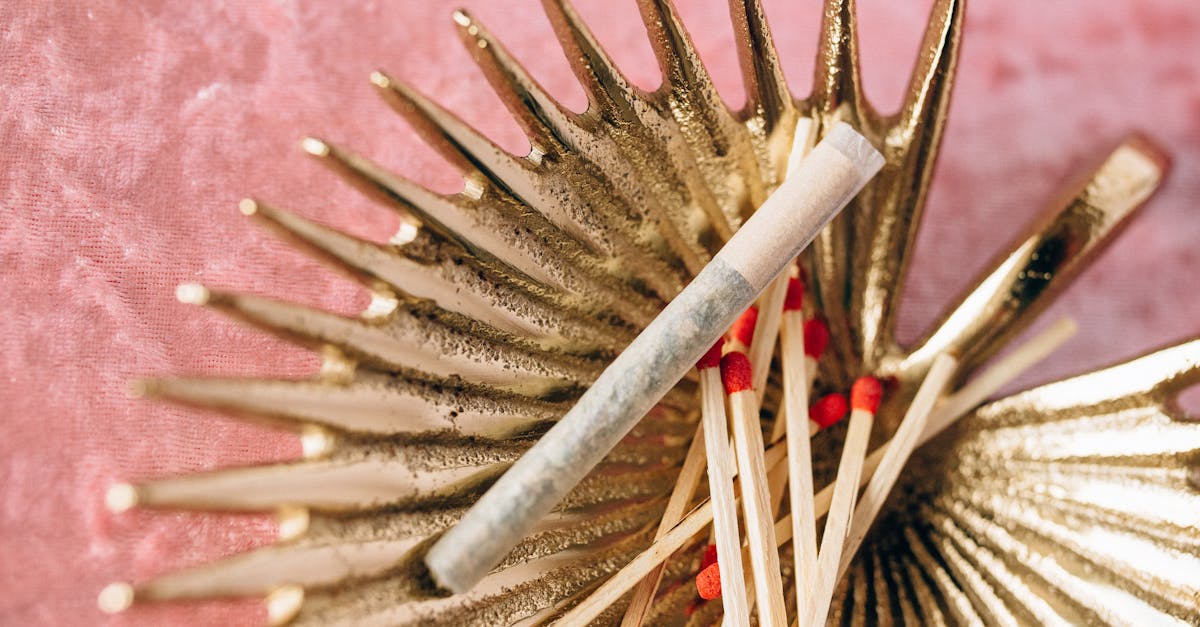
The Impact of Ceramic Coating on Resisting Road Salt Damage
Maintaining the appearance and integrity of a ceramic-coated vehicle requires attention to certain care routines. Regular washing using a pH-neutral car shampoo is essential to remove contaminants without compromising the coating. It's advisable to u...
Read more →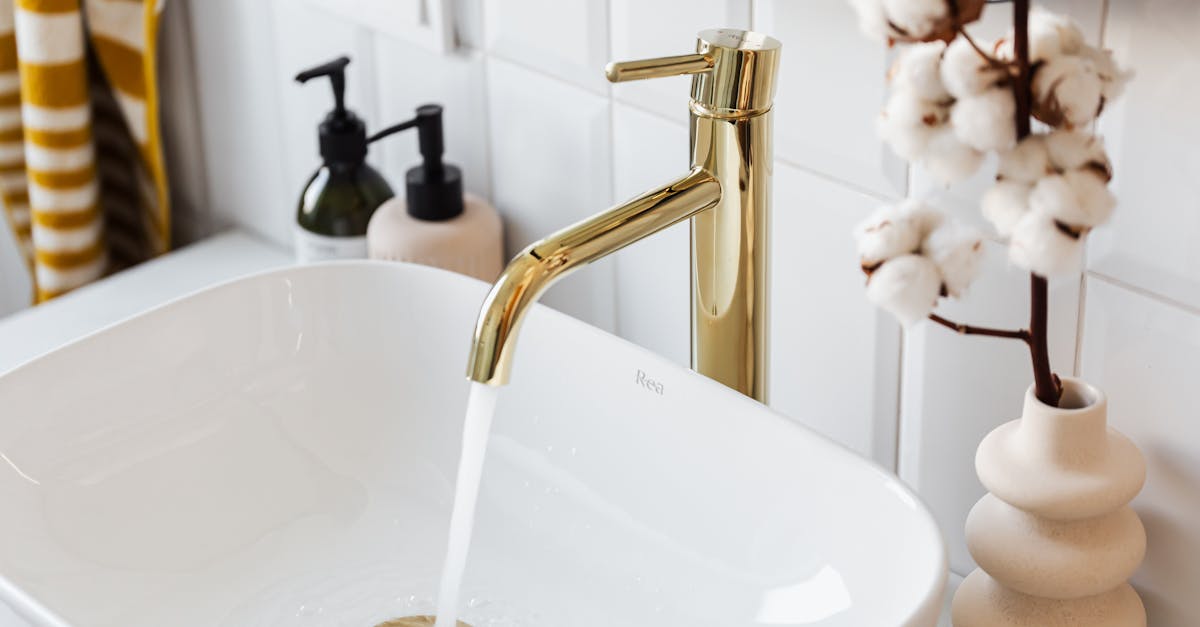
Long-term Defence: The Environmental Benefits of Ceramic Coating
Ceramic coatings provide excellent heat resistance, contributing significantly to energy efficiency in various applications. Surfaces treated with these coatings reflect a substantial amount of radiant heat, reducing the need for additional cooling s...
Read more →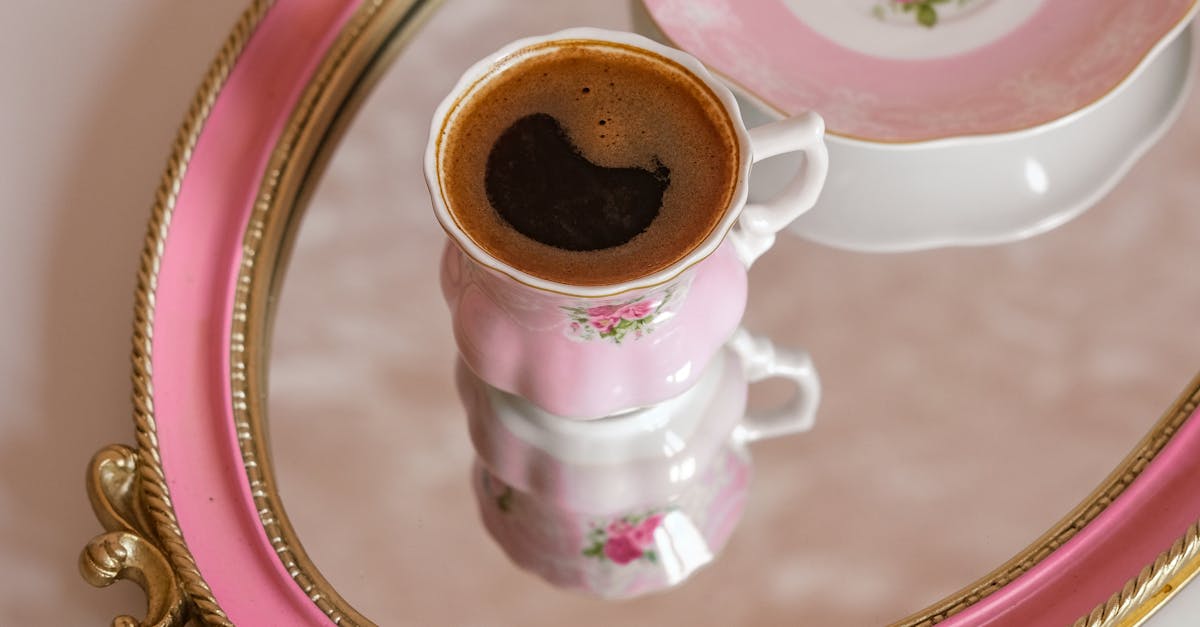
How Ceramic Coating Shields Your Vehicle from Harsh Elements
Ceramic coating offers a significant upgrade over traditional wax when it comes to protecting vehicle surfaces. While wax provides a temporary shield against the elements, ceramic coatings create a robust and long-lasting barrier. This advanced formu...
Read more →
Protecting Your Car's Paint with Advanced Ceramic Coating Technology
Many car owners hold misconceptions about the capabilities of ceramic coatings. One prevalent myth is that these coatings provide complete protection against all types of damage, including scratches and dents. In reality, while ceramic coatings are e...
Read more →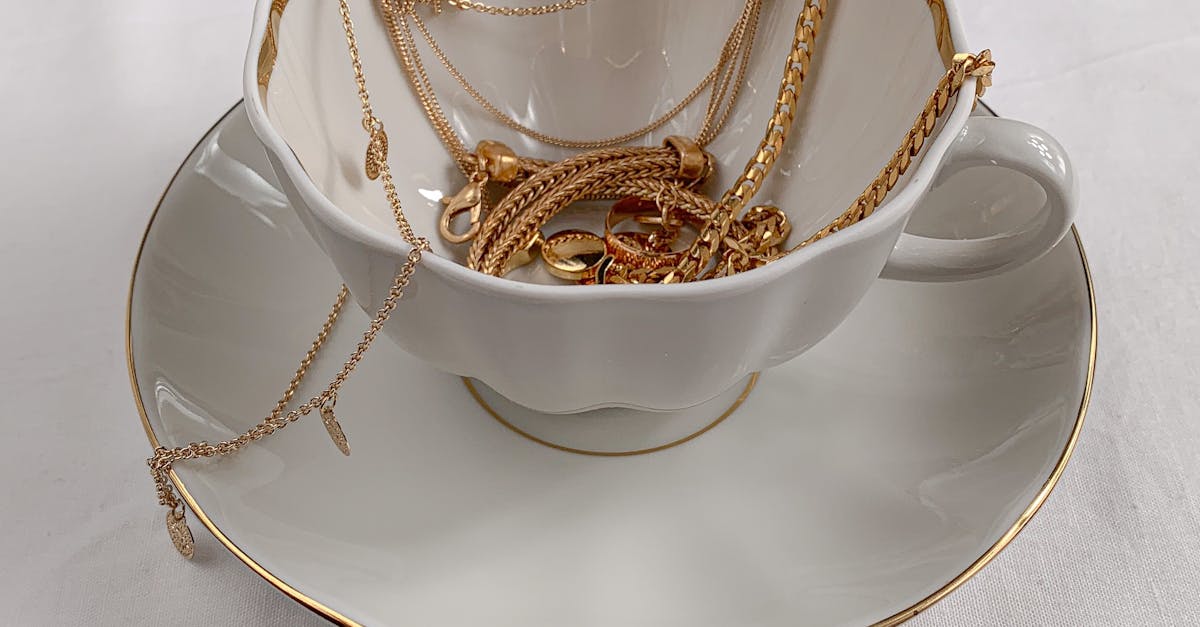
Ceramic Coating: A Barrier Against Tree Sap and Bird Droppings
The lifespan of ceramic coatings can vary significantly based on several factors including the product quality and environmental conditions. Most high-quality coatings can last anywhere from two to five years when applied correctly. In optimal condit...
Read more →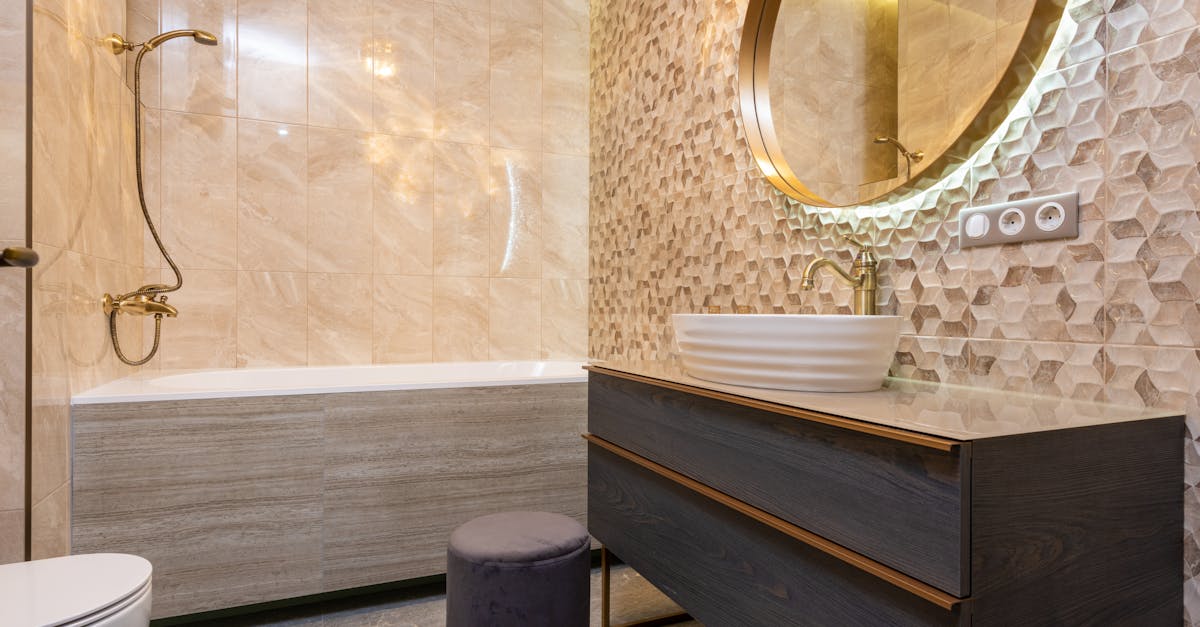
The Role of Ceramic Coating in Guarding Against Acid Rain
Before applying ceramic coating, it is essential to prepare the surface thoroughly. This involves cleaning and decontaminating the vehicle or surface to eliminate dirt, grime, and old wax. Using a clay bar can effectively remove embedded contaminants...
Read more →